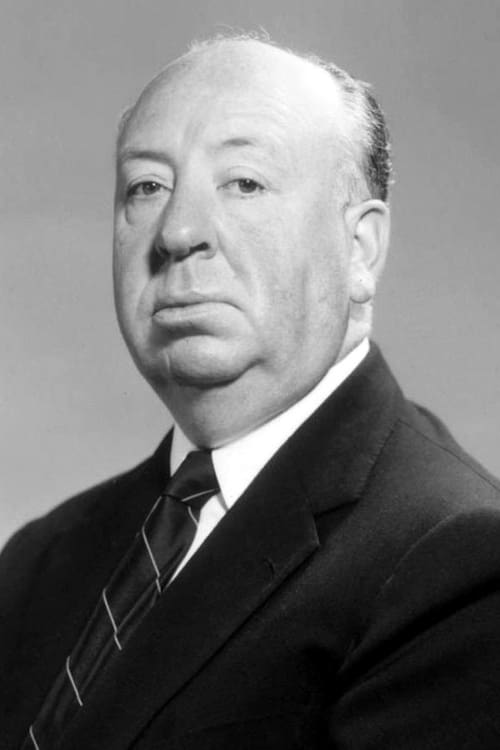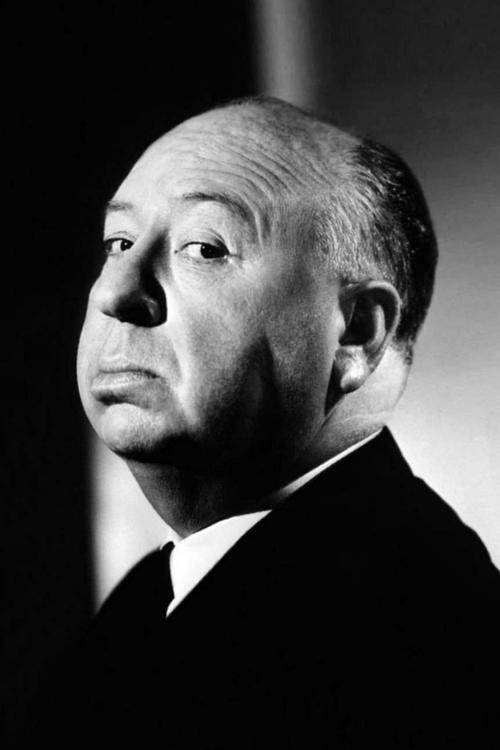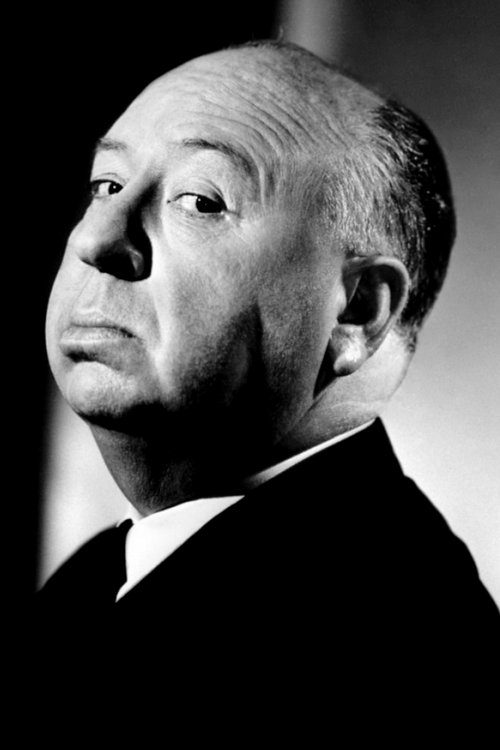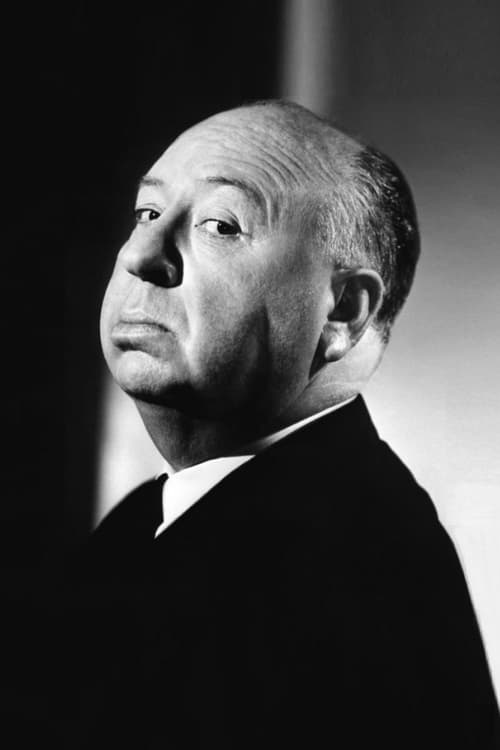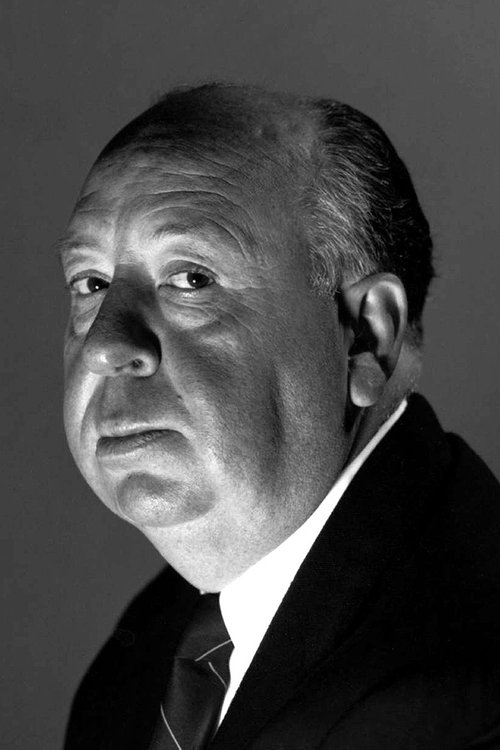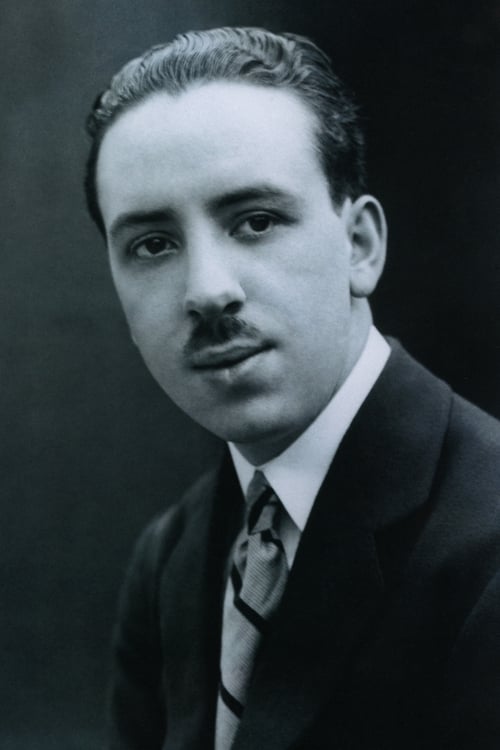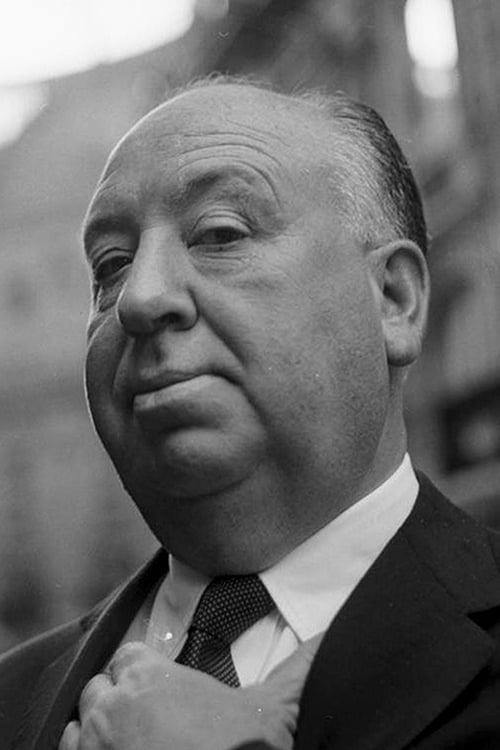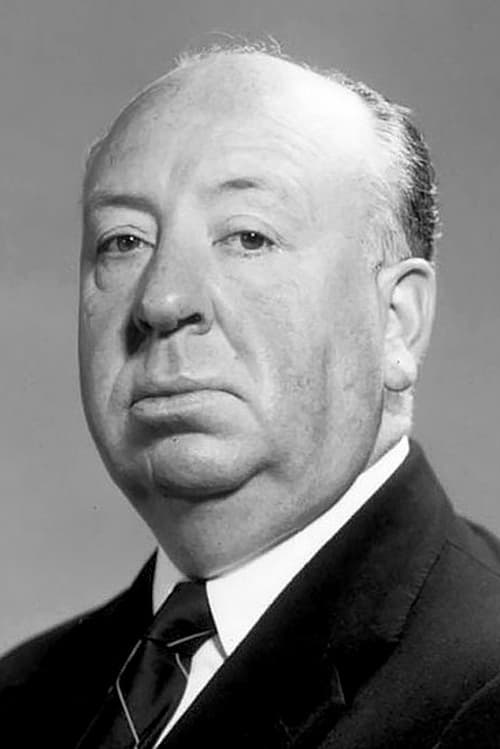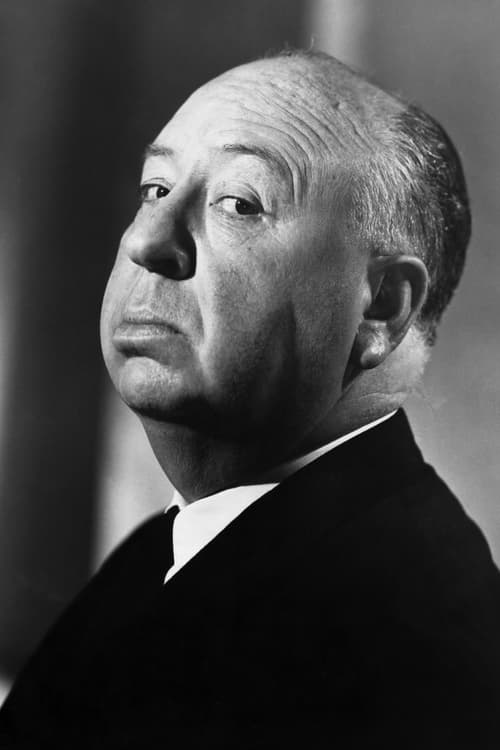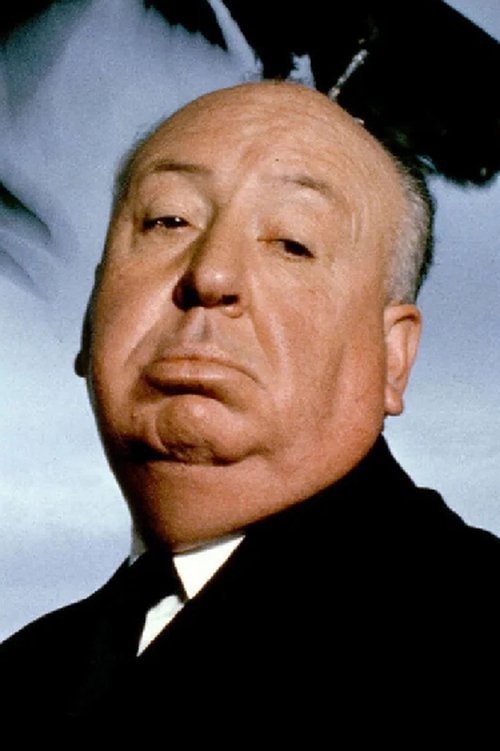Alfred Hitchcock
Also Known As: Hitch, The Master of Suspense, Sir Alfred Hitchcock, 亞弗列·希治閣, อัลเฟรด ฮิตช์ค็อก, アルフレッド・ヒッチコック, ألفريد هتشكوك, 알프레드 히치콕, אלפרד היצ'קוק, Άλφρεντ Χίτσκοκ, Sir Alfred Joseph Hitchcock, آلفرد هیچکاک, Alfred Joseph Hitchcock, 앨프리드 히치콕, 阿尔弗雷德·希区柯克, Альфред Хічкок
Biography: Sir Alfred Joseph Hitchcock (13 August 1899 – 29 April 1980) was an English film director. He is widely regarded as one of the most influential figures in cinema history. In a career spanning six decades, he directed over 50 feature films, many of which are still widely watched and studied today. Known as the "Master of Suspense", Hitchcock became as well known as any of his actors thanks to his many interviews, cameo appearances in most of his films, and hosting and producing the television anthology Alfred Hitchcock Presents (1955–65). His films garnered 46 Academy Award nominations, including six wins. However, despite five nominations, he never won the Best Director award. Hitchcock initially trained as a technical clerk and copywriter before entering the film industry in 1919 as a title card designer. The British–German silent film The Pleasure Garden (1925) was his directorial debut. His first successful film, The Lodger: A Story of the London Fog (1927), helped to shape the thriller genre, and Blackmail (1929) was the first British "talkie". His thrillers The 39 Steps (1935) and The Lady Vanishes (1938) are ranked among the greatest British films of the 20th century. By 1939, he had international recognition and producer David O. Selznick persuaded him to move to Hollywood. A string of successful films followed, including Rebecca(1940), Foreign Correspondent (1940), Suspicion (1941), Shadow of a Doubt (1943) and Notorious (1946). Rebecca won the Academy Award for Best Picture, with Hitchcock nominated as Best Director. He also received Oscar nominations for Lifeboat (1944), Spellbound (1945), Rear Window (1954) and Psycho (1960). Hitchcock's other notable films include Rope (1948), Strangers on a Train (1951), Dial M for Murder (1954), To Catch a Thief (1955), The Trouble with Harry (1955), Vertigo (1958), North by Northwest (1959), The Birds (1963), Marnie (1964) and Frenzy (1972), all of which were also financially successful and are highly regarded by film historians. Hitchcock made several films with some of the biggest stars in Hollywood, including four with Cary Grant, four with James Stewart, three with Ingrid Bergman and three consecutively with Grace Kelly. Hitchcock became an American citizen in 1955. In 2012, Hitchcock's psychological thriller Vertigo, starring Stewart, displaced Orson Welles' Citizen Kane (1941) as the British Film Institute's greatest film ever made based on its worldwide poll of hundreds of film critics. As of 2021, nine of his films had been selected for preservation in the United States National Film Registry, including his favourite, Shadow of a Doubt (1943). He received the BAFTA Fellowship in 1971, the AFI Life Achievement Award in 1979, and was knighted in December of that year, four months before his death on 29 April 1980. Description above from the Wikipedia article Alfred Hitchcock, licensed under CC-BY-SA, full list of contributors on Wikipedia.
Department: Directing
Place of Birth: Leytonstone, London, England, UK
Adult: No
Deathday: April 29, 1980
Popularity:
Known For:

Rebecca

Overview: Story of a young woman who marries a fascinating widower only to find out that she must live in the shadow of his former wife, Rebecca, who died mysteriously several years earlier. The young wife must come to grips with the terrible secret of her handsome, cold husband, Max De Winter. She must also deal with the jealous, obsessed Mrs. Danvers, the housekeeper, who will not accept her as the mistress of the house.
Genres: Mystery Romance Thriller
Original Language: en
Release Date: 1940-03-23
Popularity:

Psycho

Overview: When larcenous real estate clerk Marion Crane goes on the lam with a wad of cash and hopes of starting a new life, she ends up at the notorious Bates Motel, where manager Norman Bates cares for his housebound mother.
Genres: Horror Thriller Mystery
Original Language: en
Release Date: 1960-06-22
Popularity:
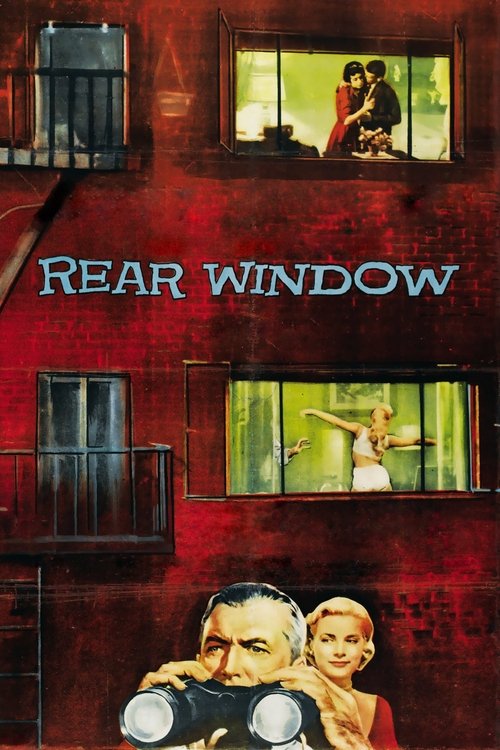
Rear Window

Overview: A wheelchair-bound photographer spies on his neighbors from his apartment window and becomes convinced one of them has committed murder.
Genres: Thriller Mystery
Original Language: en
Release Date: 1954-08-01
Popularity:
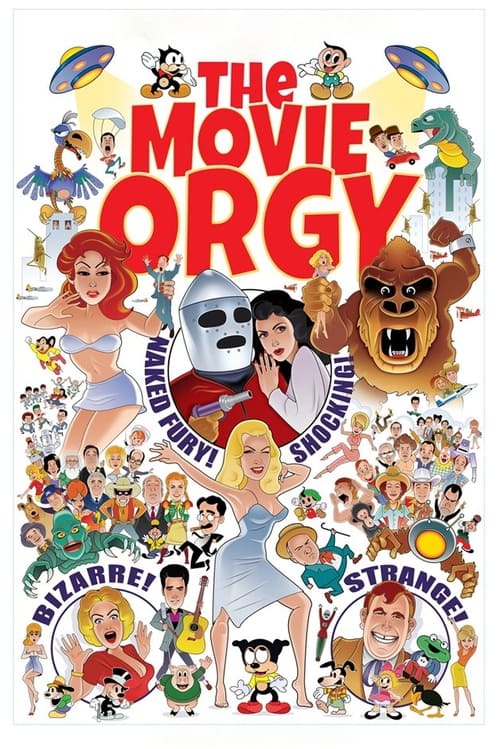
The Movie Orgy

Overview: Clips from assorted television programs, B-movies, commercials, music performances, newsreels, bloopers, satirical short films and promotional and government films of the 1950s and 1960s are intercut together to tell a single story of various creatures and societal ills attacking American cities.
Genres: Comedy Documentary History
Original Language: en
Release Date: 1968-01-01
Popularity:
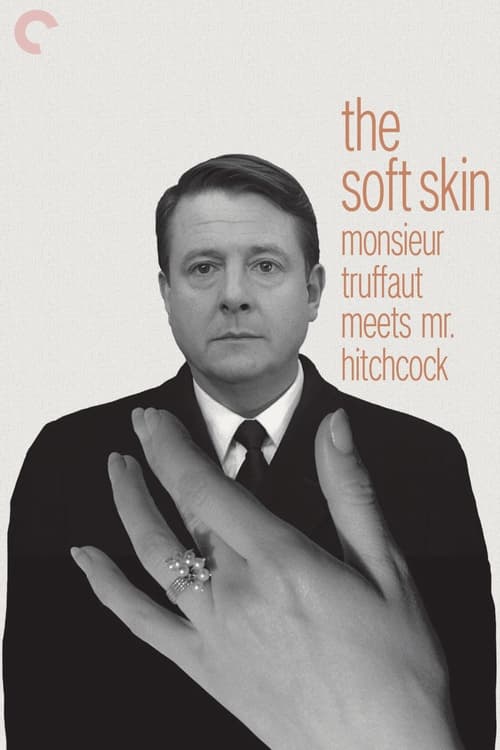
Monsieur Truffaut Meets Mr. Hitchcock

Overview: When Francois Truffaut approached Alfred Hitchcock in 1962 with the idea of having a long conversation with him about his work and publishing this in book form, he didn't imagine that more than four years would pass before Le Cinéma selon Hitchcock finally appeared in 1966. Not only in France but all over the world, Truffaut's Hitchcock interview developed over the years into a standard bible of film literature. In 1983, three years after Hitchcock's death, Truffaut decided to expand his by now legendary book to include a concluding chapter and have it published as the "Edition définitive". This film describes the genesis of the "Hitchbook" and throws light on the strange friendship between two completely different men. The centrepieces are the extracts from the original sound recordings of the interview with the voices of Alfred Hitchcock, Francois Truffaut, and Helen Scott – recordings which have never been heard in public before.
Genres: Documentary
Original Language: en
Release Date: 1999-08-05
Popularity:

Ingrid Bergman Remembered

Overview: Her name conjures up beauty, grace, talent and style. One of the greatest actresses of her time, she is best remembered for a natural and vulnerable persona which was so genuine and alluring. Her cinematic contributions produced such classics as "Casablanca," "Gaslight" and "Anastasia." But Ingrid's story goes deeper than the triumphs of her movie career.
Genres: Documentary
Original Language: en
Release Date: 1996-04-06
Popularity:

Strangers on a Train

Overview: Having met on a train, a smooth-talking psychotic socialite shares his theory on how two complete strangers can get away with murder to an amateur tennis player — a theory he plans to test out.
Genres: Crime Thriller
Original Language: en
Release Date: 1951-06-27
Popularity:

Murder!
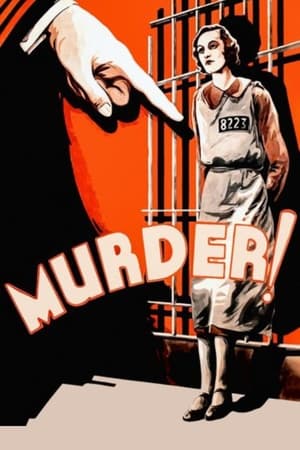
Overview: When a woman is convicted of murder, one of the jurors selected to serve on the murder-trial jury believes the accused, an aspiring actress, is innocent of the crime and takes it upon himself to apprehend the real killer.
Genres: Mystery Crime Thriller
Original Language: en
Release Date: 1930-07-31
Popularity:

78/52
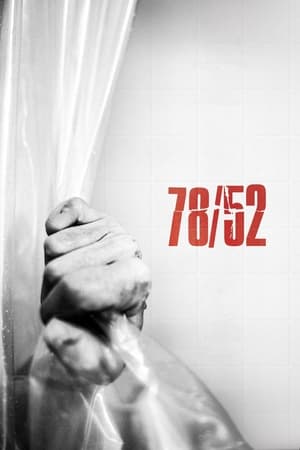
Overview: The most famous murder scene in movie history comprises 78 camera settings and 52 cuts: the shower scene in Alfred Hitchcock's Psycho. 78/52 tells the story of the man behind the curtain and his greatest obsession.
Genres: Documentary
Original Language: en
Release Date: 2017-10-13
Popularity:
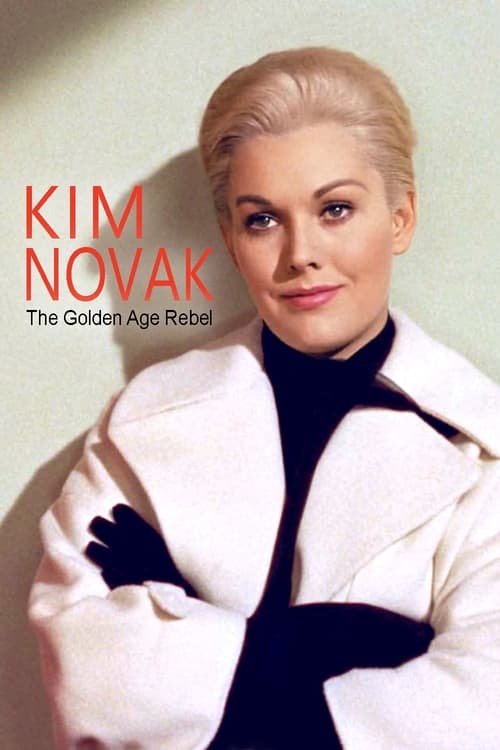
Kim Novak: Hollywood's Golden Age Rebel

Overview: Kim Novak never dreamed on being a star, but she became one. Most famous for her enigmatic performance in Hitchcock’s Vertigo (1958), the Chicago-born actress never quite fitted into the Hollywood mould and wanted to do things her own way.
Genres: Documentary TV Movie
Original Language: fr
Release Date: 2023-03-05
Popularity:
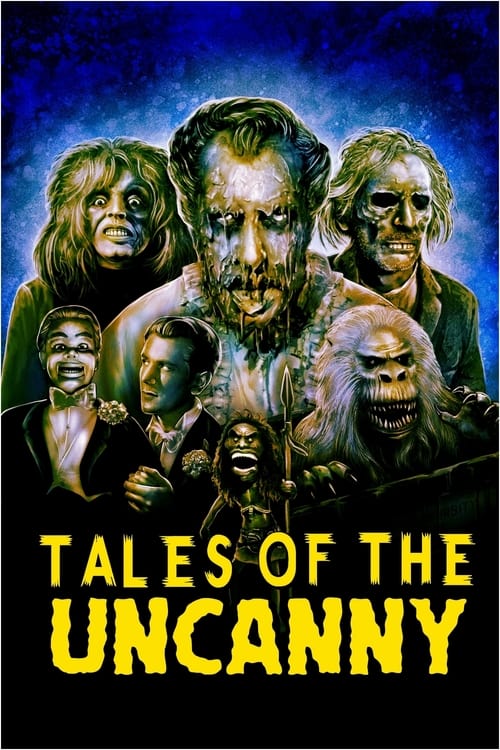
Tales of the Uncanny

Overview: A detailed look at the history of horror anthology films.
Genres: Documentary History
Original Language: en
Release Date: 2020-10-31
Popularity:
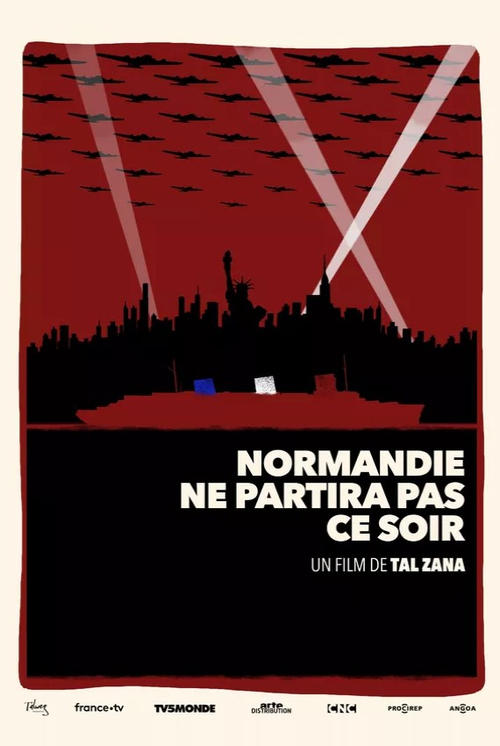
Normandie ne partira pas ce soir

Overview: It was the world's largest, most beautiful and fastest cruise ship. Built in Saint Nazaire in 1932, the "Normandie" was the pride of France. But it took only a few hours, amidst the chaos of World War Two, for this dream of grandeur to lie broken in New York harbour.
Genres: Documentary History
Original Language: fr
Release Date: 2021-09-01
Popularity:
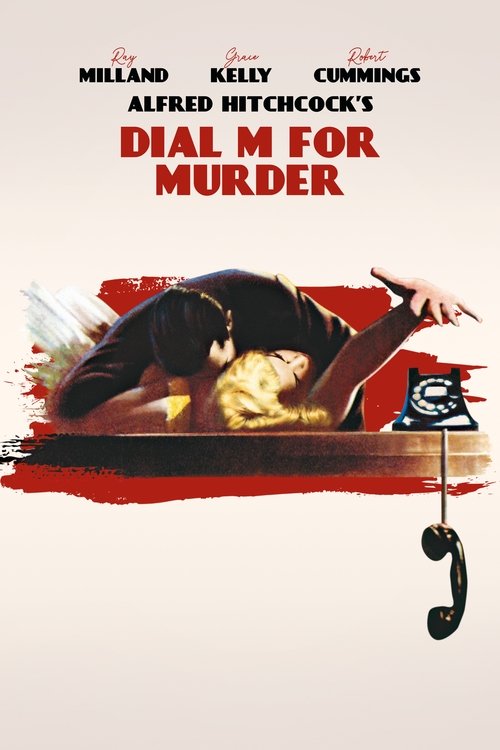
Dial M for Murder

Overview: When American writer Mark Halliday visits the very married Margot Wendice in London, he unknowingly sets off a chain of blackmail and murder.
Genres: Thriller Crime
Original Language: en
Release Date: 1954-05-29
Popularity:
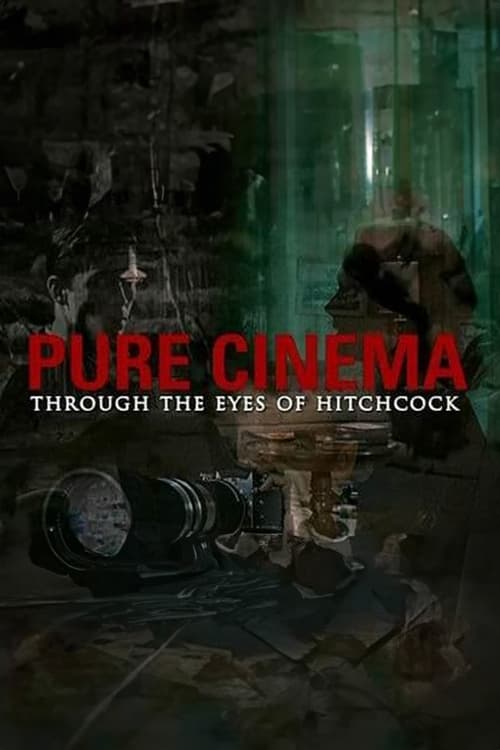
Pure Cinema: Through the Eyes of Hitchcock

Overview: Alfred Hitchcock often referred to his style of film making as "pure cinema" — using camera movement, editing, music and sound to tell stories that would be impossible in any other medium. This in-depth documentary allows directors such as William Friedkin, Martin Scorsese and Guillermo del Toro to examine the power and mastery of Hitchcock's cinematic style.
Genres: Documentary
Original Language: en
Release Date: 2008-10-07
Popularity:
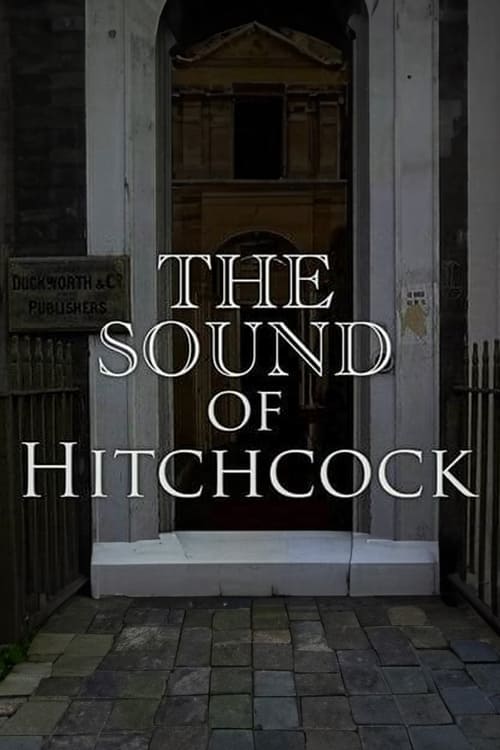
Breaking Barriers: The Sound of Hitchcock

Overview: The cry of gulls. The ticking of a clock. The clatter of a shower curtain, torn from its rod. In this workshop-like documentary, Academy Award-winning sound designers invite you to join them at their mix boards to investigate how Alfred Hitchcock employed sound design to tell his cinematic stories, whether making audience members leap from their seats in fright or crawl under them from excruciating suspense.
Genres: Documentary
Original Language: en
Release Date: 2008-10-07
Popularity:
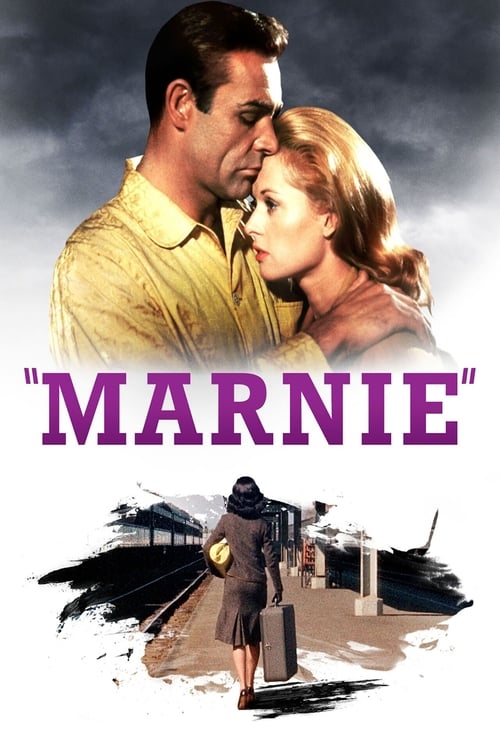
Marnie

Overview: Marnie is a thief, a liar, and a cheat. When her new boss, Mark Rutland, catches on to her routine kleptomania, she finds herself being blackmailed.
Genres: Thriller Mystery Romance Crime
Original Language: en
Release Date: 1964-07-17
Popularity:
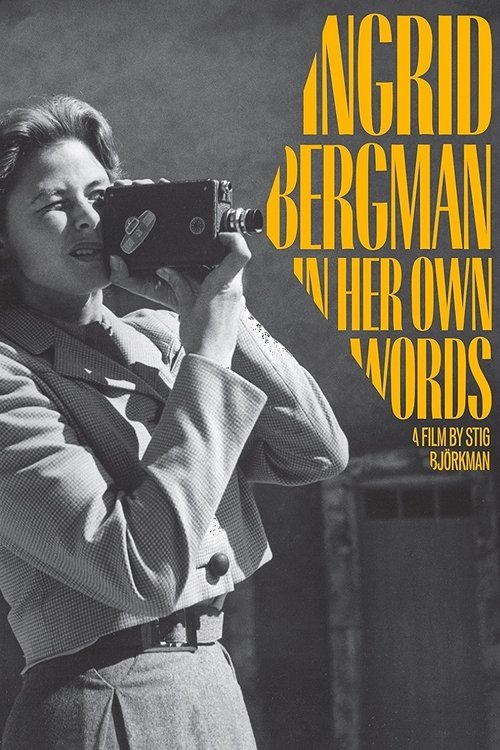
Ingrid Bergman: In Her Own Words

Overview: A personal and captivating account of the extraordinary life and work of Ingrid Bergman (1915-82), a young Swedish woman who became one of the most celebrated actresses in world cinema.
Genres: Documentary History
Original Language: sv
Release Date: 2015-08-27
Popularity:

Documenting John Grierson

Overview: The life and work of the documentary pioneer.
Genres: Documentary
Original Language: en
Release Date: 2014-02-28
Popularity:
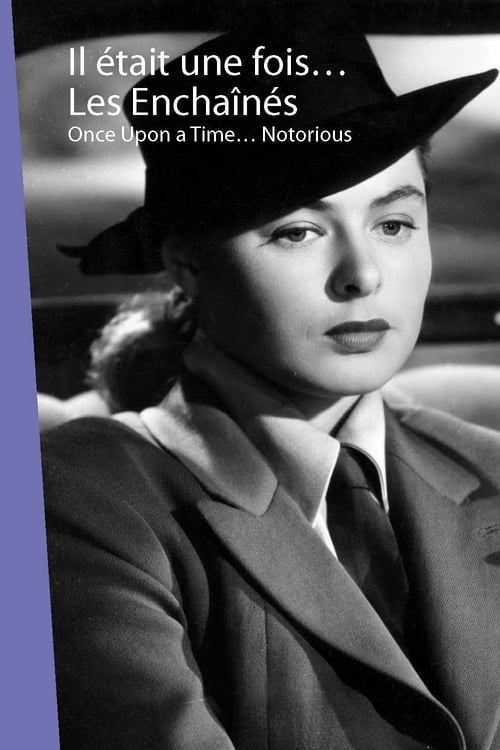
Once Upon a Time... 'Notorious'

Overview: Documentary about the making of Alfred Hitchcock's 1946 film "Notorious."
Genres: Documentary
Original Language: fr
Release Date: 2009-06-29
Popularity:
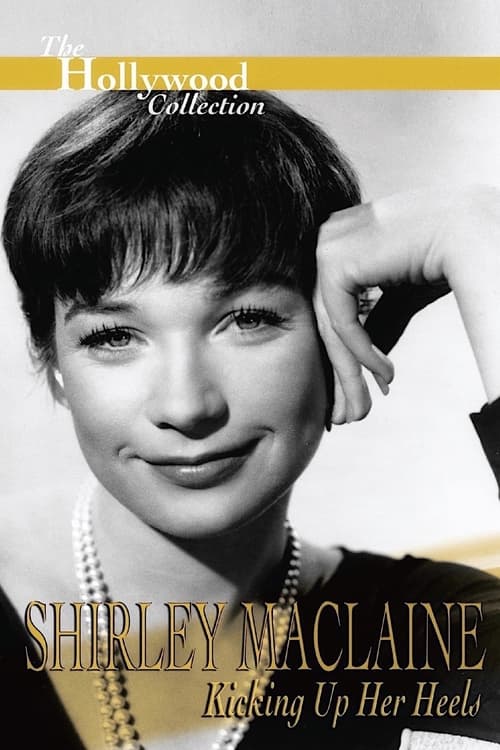
Shirley Maclaine: Kicking Up Her Heels

Overview: Shirley MacLaine was the product of a strict middle-class background from which she and her brother, the future actor Warren Beatty, escaped into the fantasy world of show-biz. Her ballet training and her long-legged pixie charm led to rapid success on Broadway in musical comedy. Inevitably, Hollywood called and by 1955 Shirley was cast in Hitchcock's "The Trouble With Harry." It wasn't too long before the fine dramatic roles also came to her opposite the most popular leading men of the time, like Fred MacMurray, Jack Lemmon, Frank Sinatra, Clint Eastwood and Robert Mitchum.
Genres: Documentary
Original Language: en
Release Date: 1996-05-19
Popularity:
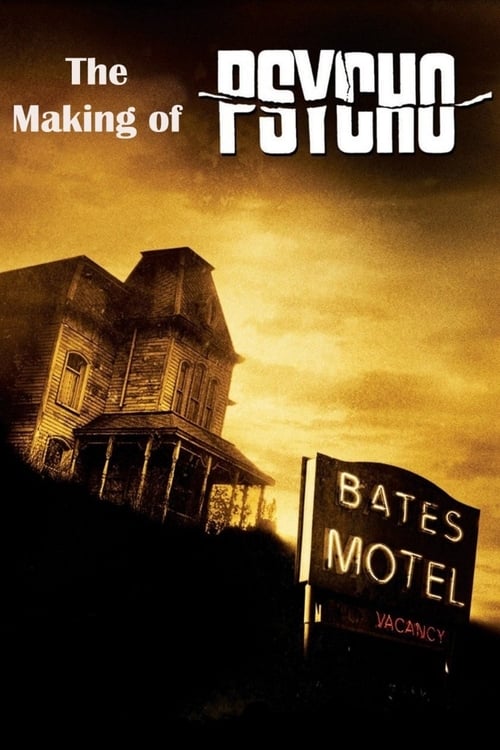
The Making of 'Psycho'

Overview: A retrospective on the entire movie, from start to finish. There are interviews with many of the principle cast and crew (including Janet Leigh and Joseph Stefano), who all talk openly and lovingly about entire process of making the film. The sessions with Janet Leigh are particularly involving, and she talks a great deal about shooting the now infamous shower scene.
Genres: Documentary
Original Language: en
Release Date: 2005-10-26
Popularity:
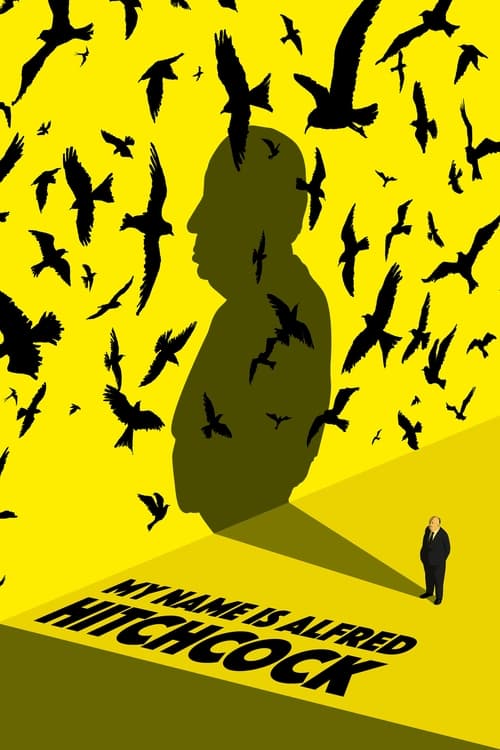
My Name Is Alfred Hitchcock

Overview: Directed by Mark Cousins, My Name is Alfred Hitchcock re-examines the vast filmography and legacy of one of the 20th century’s greatest filmmakers, Alfred Hitchcock, through a new lens: through the auteur’s own voice.
Genres: Documentary
Original Language: en
Release Date: 2023-07-21
Popularity:
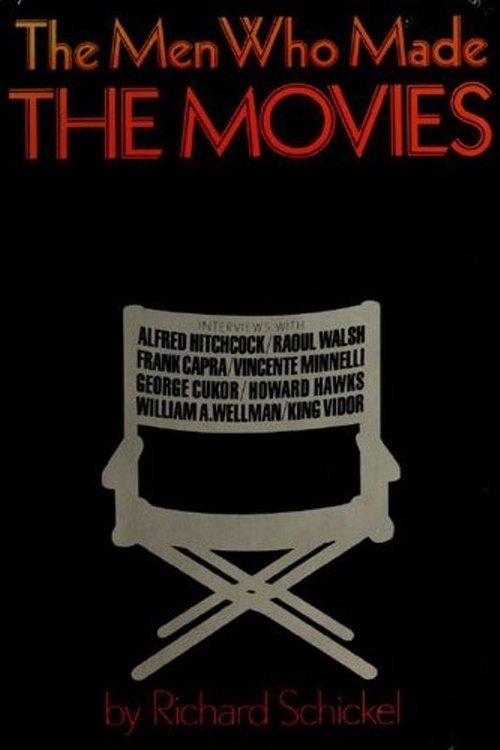
The Men Who Made the Movies: Alfred Hitchcock

Overview: A look at Alfred Hitchcock's films. The Master of Suspense himself, who is interviewed extensively here, shares stories including his deep-seated fear of policemen, elaborates on the difference between shock and suspense, defines the meaning of "MacGuffin," and discusses his use of storyboarding in designing a film. Clips from many of his greatest films (including "North by Northwest", "Shadow of a Doubt", "The Birds", and the legendary shower scene from "Psycho") illustrate his points, often to Hitchcock's own voice-over observations, with narrator Cliff Robertson offering other critical insights.
Genres: Documentary
Original Language: en
Release Date: 1973-01-01
Popularity:

Hitchcock's Pro-Nazi Film?

Overview: During the Second World War in the United States, cinema was extensively used as a propaganda vehicle. All the great filmmakers were involved: Capra, Ford, Huston, and Hollywood's new master of suspense, Alfred Hitchcock. After making several films advocating American entry into the war alongside the British, in direct violation of the Neutrality Act, Hitchcock took advantage of Zanuck's departure from 20th Century Fox to launch a major new propaganda project: Lifeboat. He asked John Steinbeck to write the basic story. This great American literary figure, author of The Grapes of Wrath, whose adaptation was one of Fox's biggest successes, was himself very committed to the war effort. When Lifeboat was released, success quickly turned to controversy. What if Hitchcock's film had completely missed the mark? What if, instead of providing anti-Nazi propaganda, the film actually defended the thesis that the German people were superior to the Allies and the union of democracies?
Genres: Documentary
Original Language: en
Release Date: 2023-09-08
Popularity:
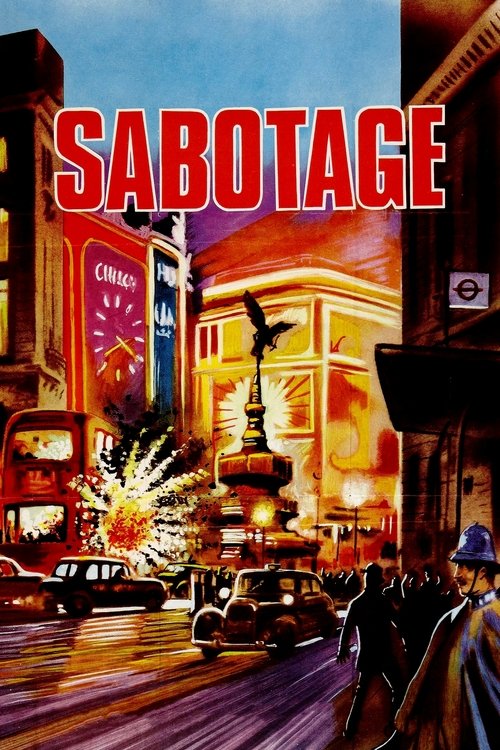
Sabotage

Overview: Karl Anton Verloc and his wife own a small cinema in a quiet London suburb where they live seemingly happily. But Mrs. Verloc does not know that her husband has a secret that will affect their relationship and threaten her teenage brother's life.
Genres: Drama Thriller Crime
Original Language: en
Release Date: 1937-01-08
Popularity:
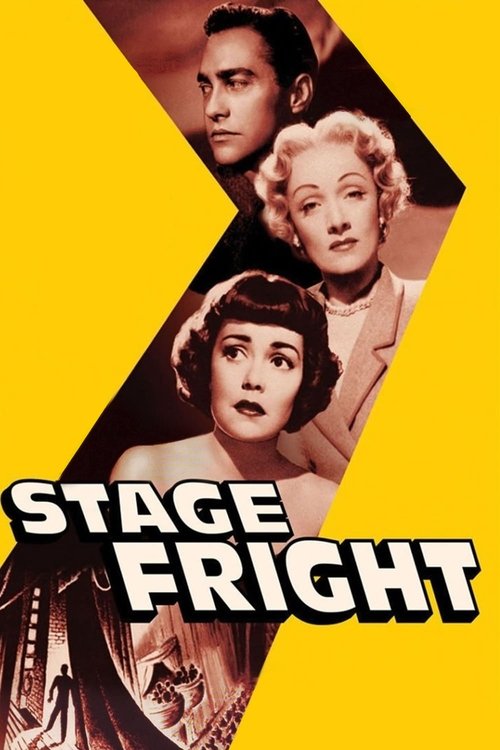
Stage Fright

Overview: A struggling actress tries to help a friend prove his innocence when he's accused of murdering the husband of a high-society entertainer.
Genres: Thriller
Original Language: en
Release Date: 1950-02-23
Popularity:
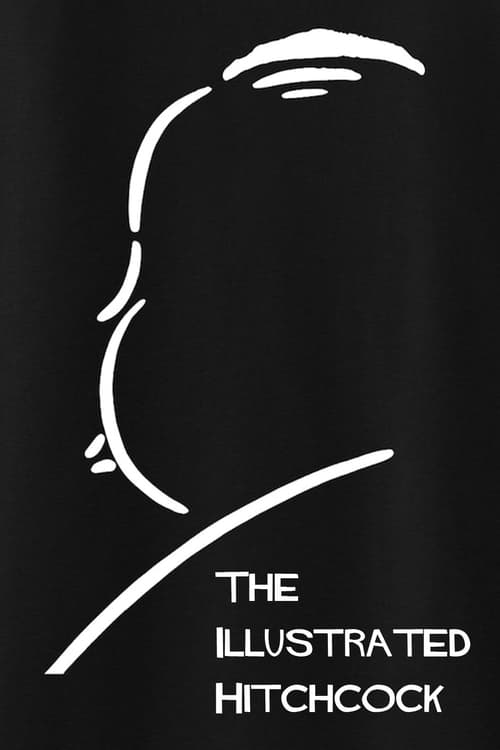
The Illustrated Hitchcock

Overview: Film director Hitchcock discusses his life and career in long talks with Pia Lindstrom (newscaster and daughter of Hitchcock star Ingrid Berman) and with film historian William Everson. Excerpts from several films illustrate these interviews. Discussion topics include: what is fear?, method acting vs. film acting, the difference between the usual "Who Done It" mystery and what he considers to be real suspense. His choice of leading ladies and why (Bergman, Baxter, Kelly, Marie Saint, Leigh, etc.).
Genres: Documentary
Original Language: en
Release Date: 1972-07-15
Popularity:
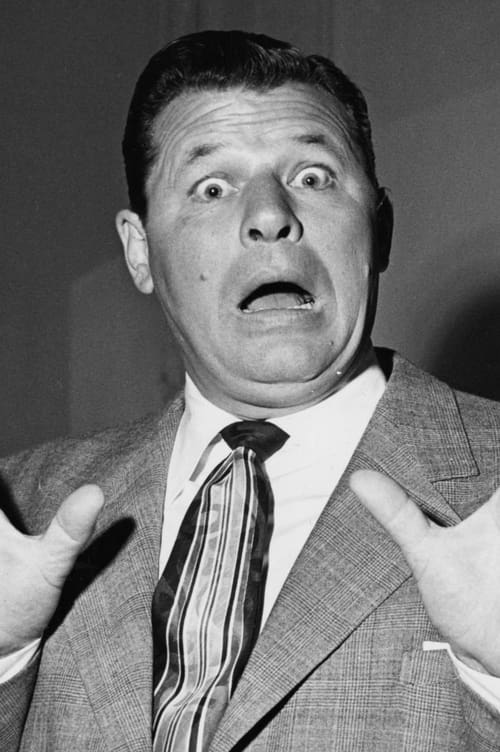
The Children of Alda Nuova

Overview: Frankie Fane is an American who has been in Rome for about six weeks and is starting to get bored. He hasn't picked up much of the language, and has visited most of the tourist sites in Rome itself. A fellow American suggests that he rent a car and visit some old ruins just a short drive from the city. When he gets there he finds the villagers unfriendly, and a large group of teenagers that constantly follow him around. He quickly realizes that he may be in trouble, but it may also be the case that he gets what he deserves.
Genres: No genres available
Original Language: en
Release Date: 1962-06-05
Popularity:
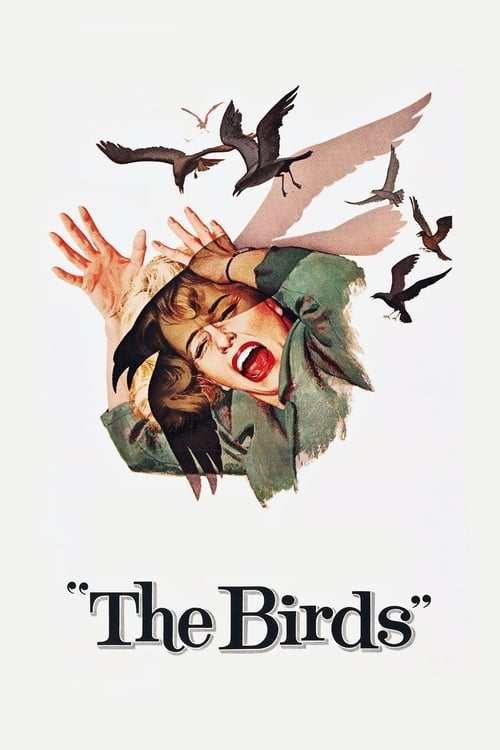
The Birds

Overview: Thousands of birds flock into a seaside town and terrorize the residents in a series of deadly attacks.
Genres: Horror Thriller
Original Language: en
Release Date: 1963-03-28
Popularity:

Blackmail
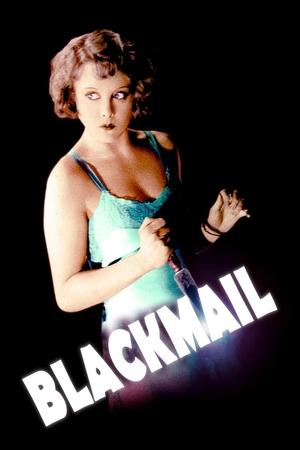
Overview: London, 1929. Frank Webber, a very busy Scotland Yard detective, seems to be more interested in his work than in Alice White, his girlfriend. Feeling herself ignored, Alice agrees to go out with an elegant and well-mannered artist who invites her to visit his fancy apartment.
Genres: Drama Thriller Crime
Original Language: en
Release Date: 1929-07-11
Popularity:
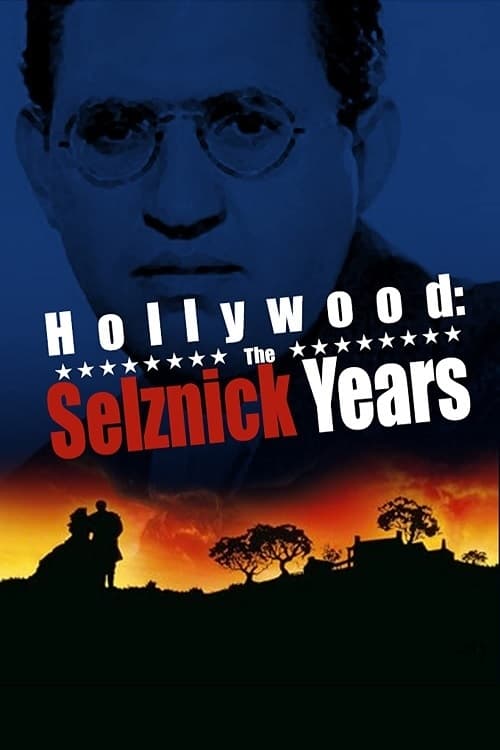
Hollywood: The Selznick Years

Overview: Henry Fonda hosts this retrospective on the career and films of iconic filmmaker David O. Selznick, who epitomized the era of the auteur producer in the 30s and 40s.
Genres: Documentary
Original Language: en
Release Date: 1961-12-31
Popularity:
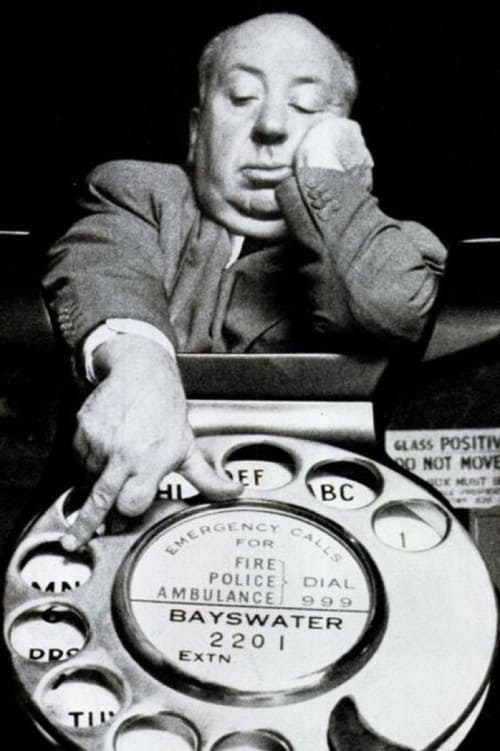
Hitchcock and Dial M

Overview: A retrospective look at the brilliance of Alfred Hitchcock's 'Dial M for Murder.'
Genres: Documentary
Original Language: en
Release Date: 2004-10-31
Popularity:
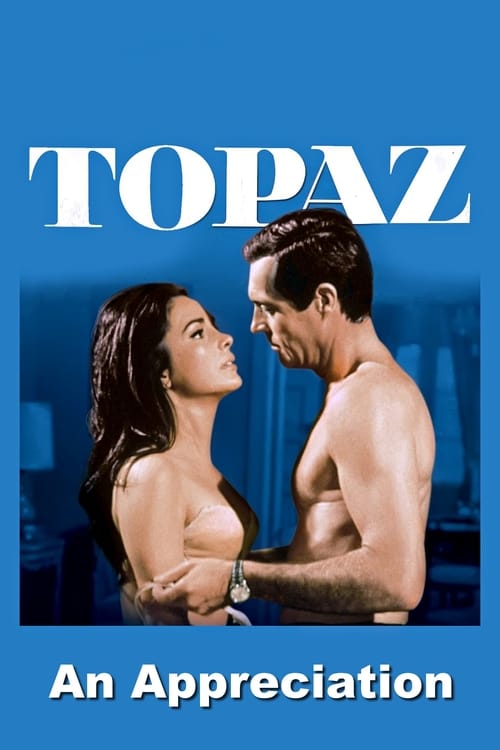
Topaz: An Appreciation by Film Critic/Historian Leonard Maltin

Overview: Film critic/historian Leonard Maltin talks about the making of, and his appreciation for, Alfred Hitchcock's Topaz (1969). He speaks of the difficulties with preview audiences in general and how they affected this film, and presents several deleted scenes not available before this.
Genres: Documentary
Original Language: en
Release Date: 2001-03-06
Popularity:
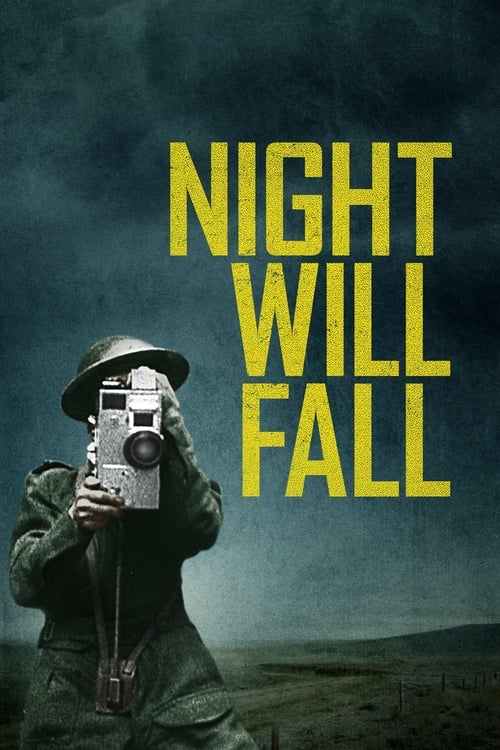
Night Will Fall

Overview: When Allied forces liberated the Nazi concentration camps in 1944-45, their terrible discoveries were recorded by army and newsreel cameramen, revealing for the first time the full horror of what had happened. Making use of British, Soviet and American footage, the Ministry of Information’s Sidney Bernstein (later founder of Granada Television) aimed to create a documentary that would provide lasting, undeniable evidence of the Nazis’ unspeakable crimes. He commissioned a wealth of British talent, including editor Stewart McAllister, writer and future cabinet minister Richard Crossman – and, as treatment advisor, his friend Alfred Hitchcock. Yet, despite initial support from the British and US Governments, the film was shelved, and only now, 70 years on, has it been restored and completed by Imperial War Museums under its original title "German Concentration Camps Factual Survey".
Genres: Documentary
Original Language: en
Release Date: 2014-06-07
Popularity:

The Pervert's Guide to Cinema

Overview: A hilarious introduction, using as examples some of the best films ever made, to some of Slovenian philosopher and psychoanalyst Slavoj Žižek's most exciting ideas on personal subjectivity, fantasy and reality, desire and sexuality.
Genres: Documentary
Original Language: en
Release Date: 2006-10-06
Popularity:
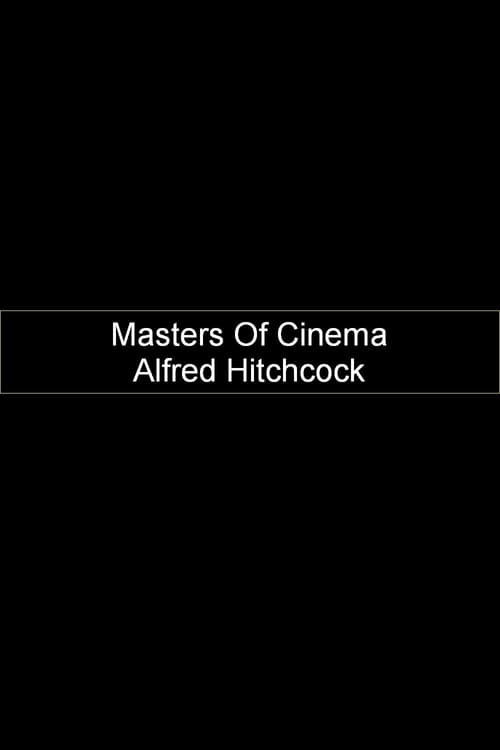
Masters Of Cinema - Alfred Hitchcock

Overview: Excerpted parts of interviews conducted by Pia Lindstrom (daughter of Hitchcock actress Ingrid Bergman) and William Everson for a 2 Part episode of the TV series Camera Three called The Illustrated Hitchcock. Subjects include working with actors, acting styles, techniques of suspense, casting choices and the making of various films
Genres: Documentary
Original Language: en
Release Date: 1972-07-15
Popularity:
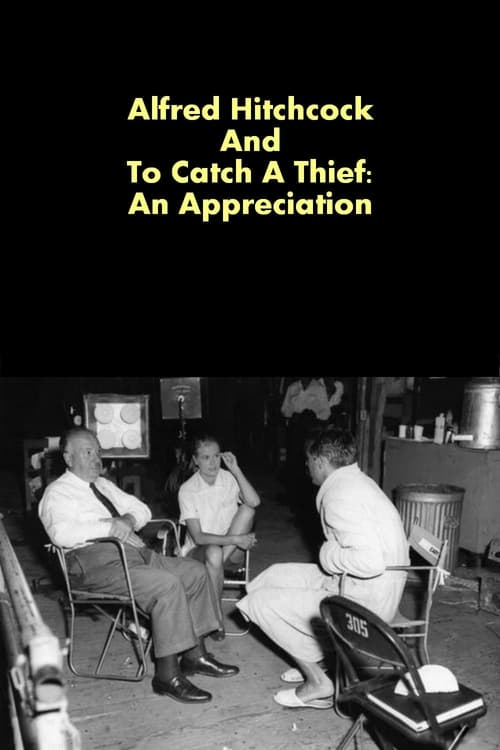
Alfred Hitchcock And To Catch A Thief: An Appreciation

Overview: A Tribute to Alfred Hitchcock . Features interviews with Hitchcock's daughter and granddaughter, plus Sylvette Baudrot about what the director was like off the set. Family anecdotes and the type of humor Hitch had as well as his favorite pastimes are discussed. Both the daughter and granddaughter describe visiting the the locations of To Catch A Thief as children during filming.
Genres: Documentary
Original Language: en
Release Date: 2002-11-05
Popularity:
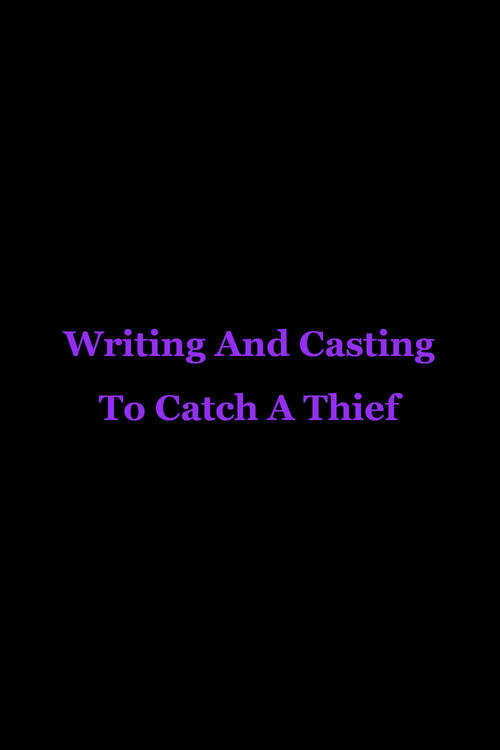
Writing And Casting To Catch A Thief

Overview: Short interviews describing Hitchcock's efforts to produce the movie over many years, and his efforts to sign Cary Grant and Grace Kelly. Also discussed are script censorship issues with the Hays Office
Genres: Documentary
Original Language: en
Release Date: 2002-11-05
Popularity:
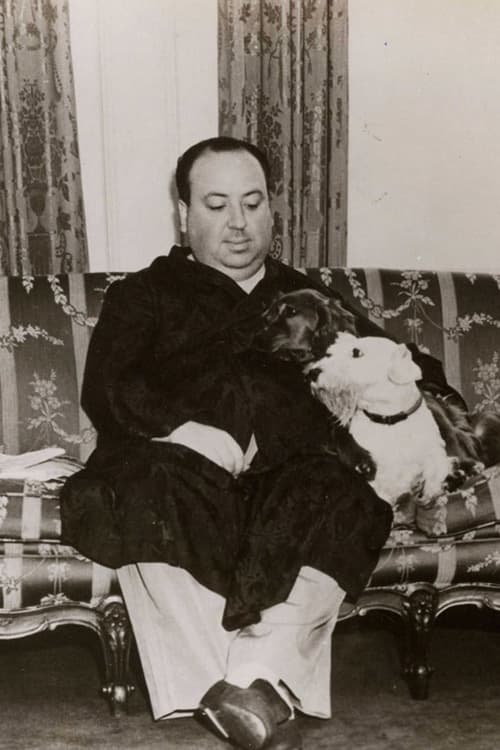
Alfred Hitchcock: The Early Years

Overview: Written and directed by Hitchcock historian Noël Simsolo, this 2004 French television documentary explores the earliest years of Alfred Hitchcock's film career, beginning with his success in the production of The Lodger (1926) and following the filmmaker through his transition to sound films and his early thrillers.
Genres: Documentary
Original Language: fr
Release Date: 2004-11-24
Popularity:
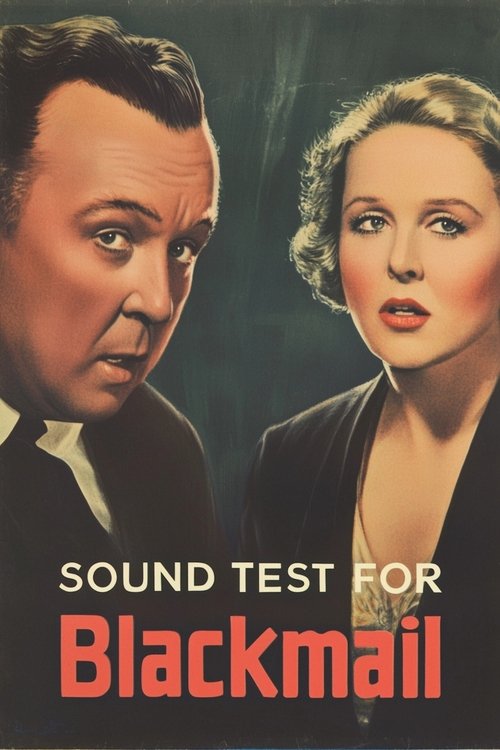
Sound Test for Blackmail

Overview: The short sequence, photographed by Jack E Cox, has Hitchcock trying his best to embarrass the film's Czech lead Anny Ondra, who ends up giggling and turning her back to the camera...
Genres: Documentary
Original Language: en
Release Date: 1929-01-01
Popularity:
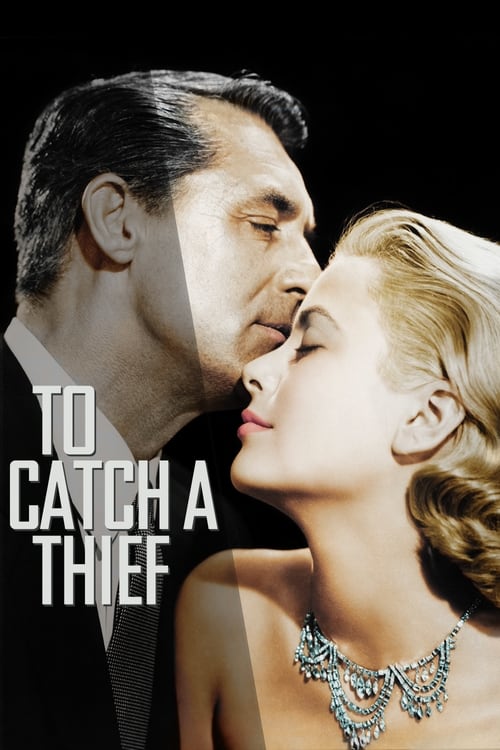
To Catch a Thief

Overview: An ex-thief is accused of enacting a new crime spree, so to clear his name he sets off to catch the new thief, who’s imitating his signature style.
Genres: Mystery Romance Thriller
Original Language: en
Release Date: 1955-08-03
Popularity:
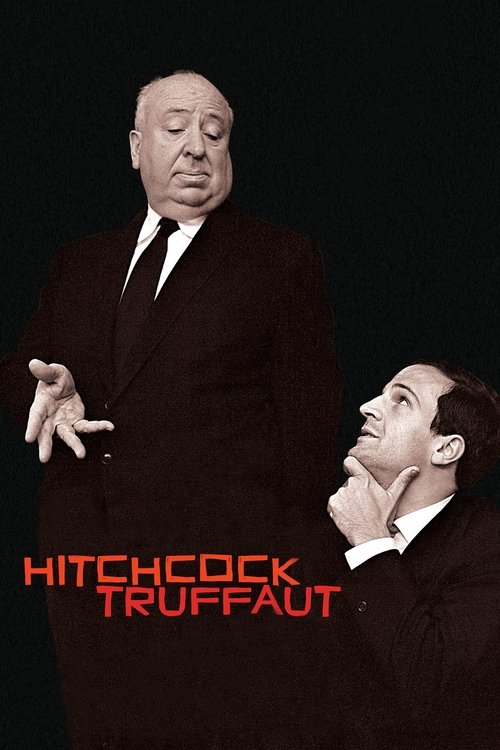
Hitchcock/Truffaut

Overview: Filmmakers discuss the legacy of Alfred Hitchcock and the book “Hitchcock/Truffaut” (“Le cinéma selon Hitchcock”), written by François Truffaut and published in 1966.
Genres: Documentary
Original Language: en
Release Date: 2015-09-05
Popularity:
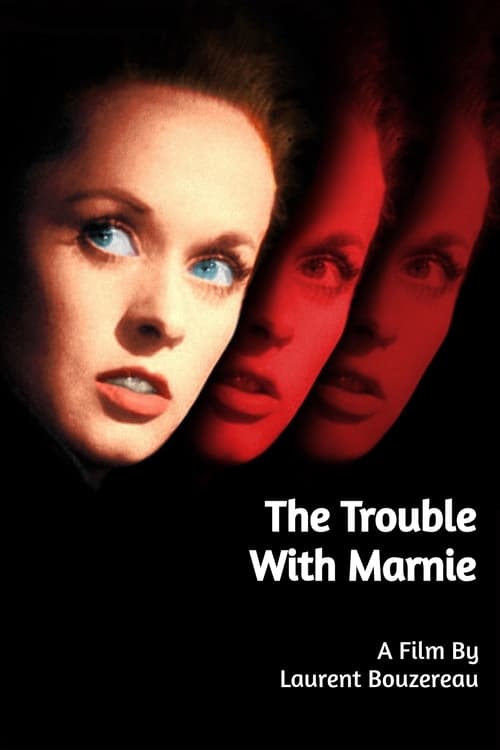
The Trouble with 'Marnie'

Overview: This hour long documentary on the making of Alfred Hitchcock's "Marnie" incorporates the usual melange of contemporary interviews with surviving participants and liberal helpings of film clips and production shots. It also presents a nice selection of script pages and memos as well. In the former category we find cast members 'Tippi' Hedren, Diane Baker, and Louise Latham, rejected screenwriters Joseph Stefano and Evan Hunter, final screenwriter Jay Presson Allen, daughter Pat Hitchcock O'Connell, production designer Robert Boyle, makeup artist Howard Smit, unit manager Hilton Green, Hitchcock historian Robin Wood, composer Bernard Herrmann biographer Steven C. Smith, and Hitchcock fan/filmmaker Peter Bogdanovich. An entertaining account of the film's production, the participants offer loads of valuable information and anecdotes. Highly enjoyable for Hitchcock fans and the film's growing number of admirers.
Genres: Documentary
Original Language: en
Release Date: 2000-05-30
Popularity:
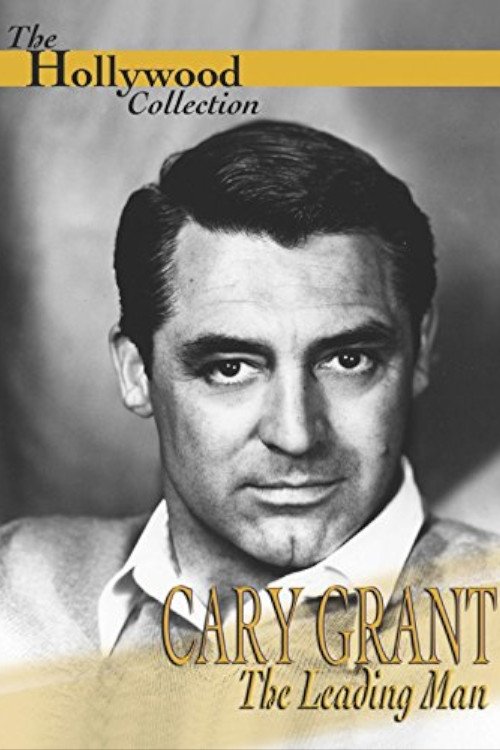
Cary Grant: A Celebration of a Leading Man

Overview: A retrospective of the life and career of actor Cary Grant, including clips from his films and interviews with his friends and co-workers.
Genres: Documentary
Original Language: en
Release Date: 1988-06-05
Popularity:
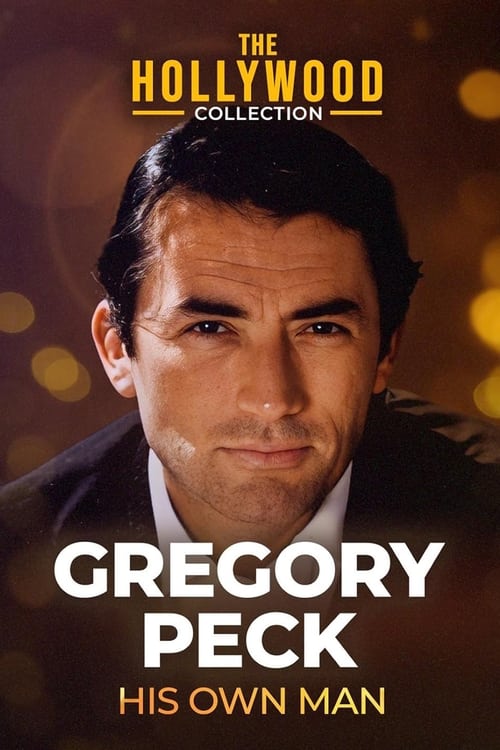
Gregory Peck: His Own Man

Overview: Talented and enduring Academy Award-winning star, Gregory Peck, tells how it was when studios ruled and a shy boy from a broken family could rise to become a famous leading man. Unfashionably modest, Peck describes his fascinating journey from early theater roles, through his first films, to Hollywood’s elder statesman.
Genres: Documentary TV Movie
Original Language: en
Release Date: 1988-03-08
Popularity:
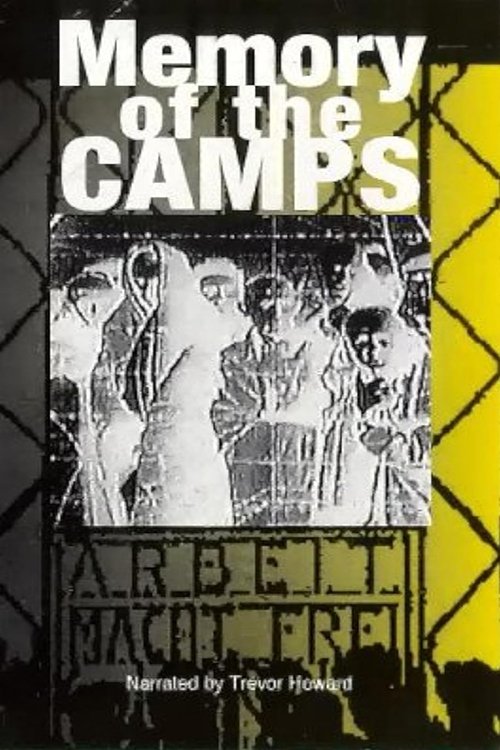
Memory of the Camps

Overview: In 1945, Allied troops invaded Germany and liberated Nazi death camps. They found unspeakable horrors which still haunt the world’s conscience. A film was made by British and American film crews who were with the troops liberating the camps. It was directed in part by Alfred Hitchcock and was broadcast for the first time in its entirety on PBS FRONTLINE in 1985.
Genres: Documentary History War
Original Language: en
Release Date: 1985-05-07
Popularity:
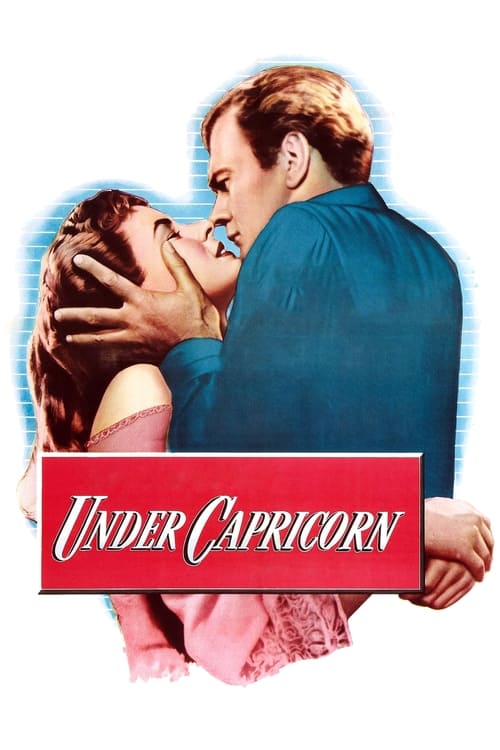
Under Capricorn

Overview: A native Briton banished to Australia for murder, and his wife, Henrietta, the disturbed sister of the man he was convicted on killing, set out to help her conquer her demons and return her life to normal.
Genres: Drama History
Original Language: en
Release Date: 1949-09-08
Popularity:
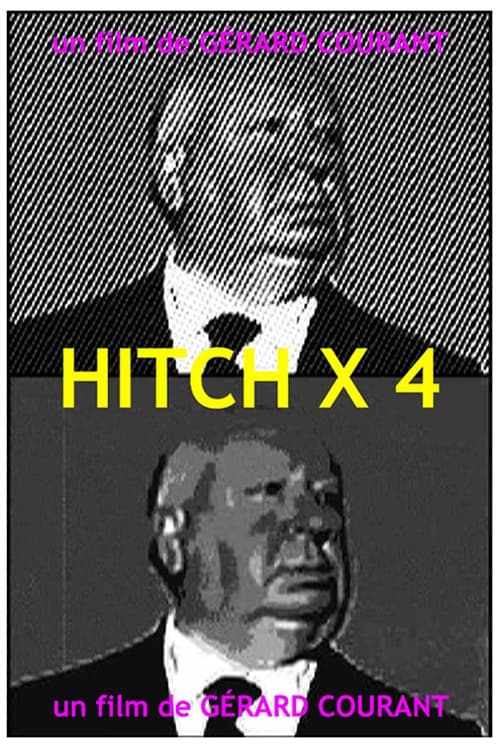
Hitch x 4

Overview: Hitch x 4 is a filmed portrait of Alfred Hitchcock which, in a screen divided into four equal parts, brings together Gérard Courant's special Cinematon of the master of suspense made on 14 May 1972 with three variations of the same Cinematon.
Genres: No genres available
Original Language: fr
Release Date: 2018-01-01
Popularity:
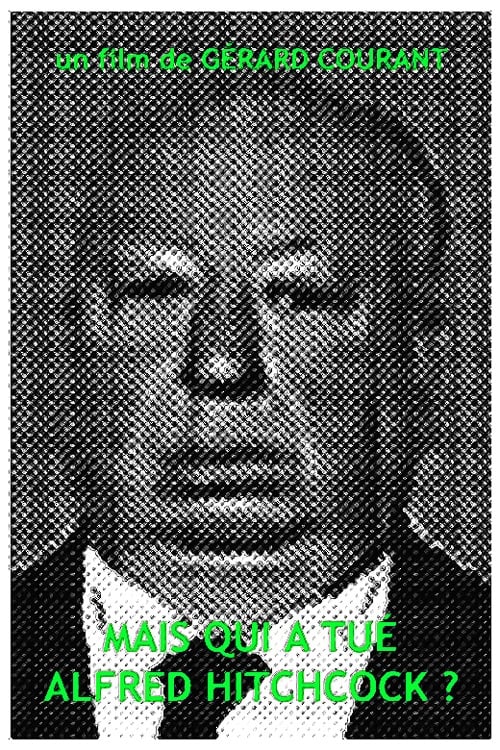
Mais qui a tué Alfred Hitchcock?

Overview: Mais qui a tué Alfred Hitchcock? is a variation of Alfred Hitchcock's Cinématon hors collection directed by Gérard Courant on 14 May 1972 in Cannes (France), of which he has transformed the image frame.
Genres: No genres available
Original Language: fr
Release Date: 2018-01-01
Popularity:
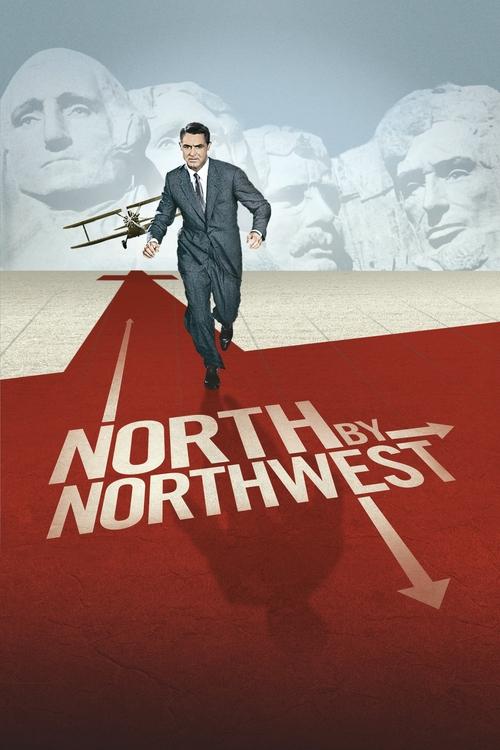
North by Northwest

Overview: Advertising man Roger Thornhill is mistaken for a spy, triggering a deadly cross-country chase.
Genres: Thriller Adventure
Original Language: en
Release Date: 1959-07-08
Popularity:
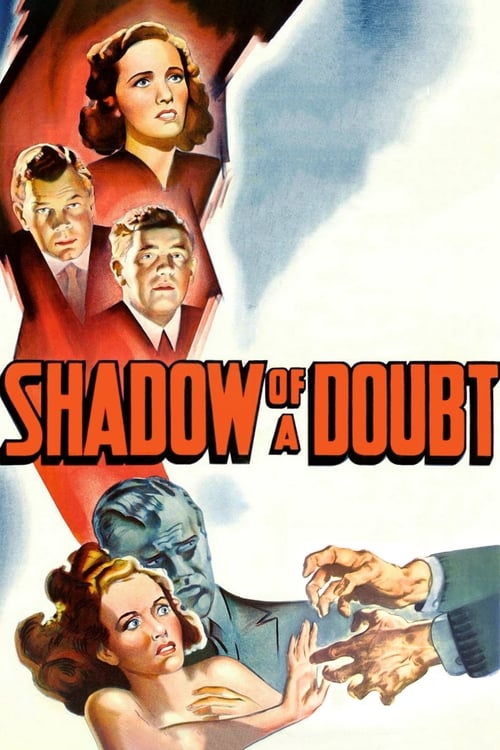
Shadow of a Doubt

Overview: Just when Charlie is feeling especially frustrated by the lack of excitement in her small town in California, she receives wonderful news: Her uncle and namesake, Charlie, is coming to visit. However, as secrets about him come to the fore, her admiration turns into suspicion.
Genres: Thriller Mystery
Original Language: en
Release Date: 1943-01-15
Popularity:
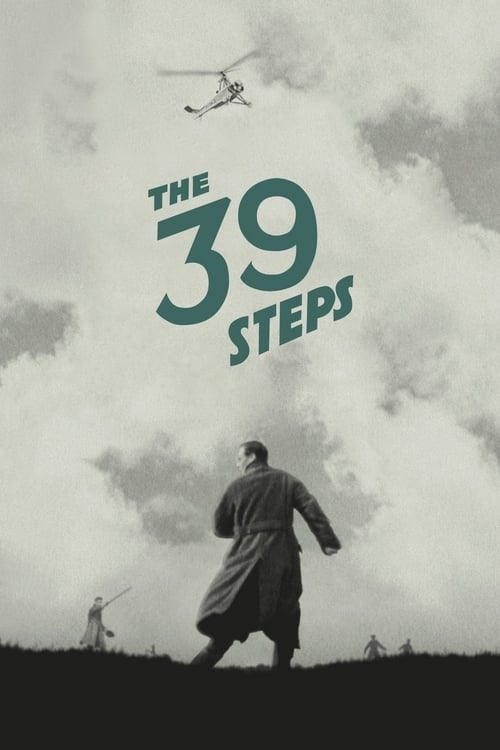
The 39 Steps

Overview: Richard Hanney has a rude awakening when a glamorous female spy falls into his bed - with a knife in her back. Having a bit of trouble explaining it all to Scotland Yard, he heads for the hills of Scotland to try to clear his name by locating the spy ring known as The 39 Steps.
Genres: Mystery Thriller
Original Language: en
Release Date: 1935-06-06
Popularity:
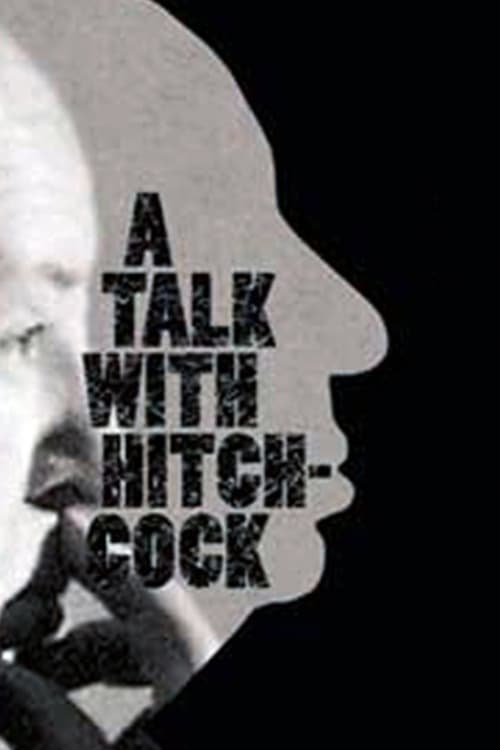
A Talk with Hitchcock

Overview: "Master of Suspense" Alfred Hitchcock speaks candidly in this one-on-one interview with director and host Fletcher Markle, filmed in 1964 for the television documentary series "Telescope." During the discussion, Hitchcock talks about his early career as a silent-film editor, offers his take on the building blocks of his works and relates his theories on the impact of horror films on society and human behavior.
Genres: Documentary
Original Language: en
Release Date: 1964-02-21
Popularity:
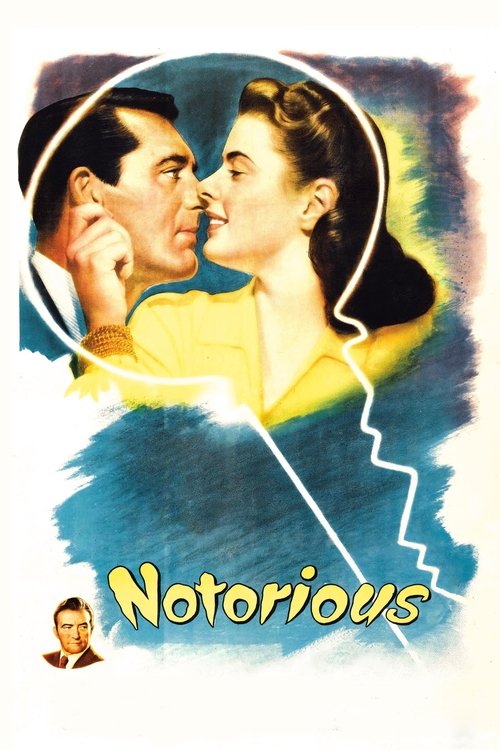
Notorious

Overview: In order to help bring Nazis to justice, U.S. government agent T.R. Devlin recruits Alicia Huberman, the American daughter of a convicted German war criminal, as a spy. As they begin to fall for one another, Alicia is instructed to win the affections of Alexander Sebastian, a Nazi hiding out in Brazil. When Sebastian becomes serious about his relationship with Alicia, the stakes get higher, and Devlin must watch her slip further undercover.
Genres: Thriller Romance Mystery
Original Language: en
Release Date: 1946-08-21
Popularity:
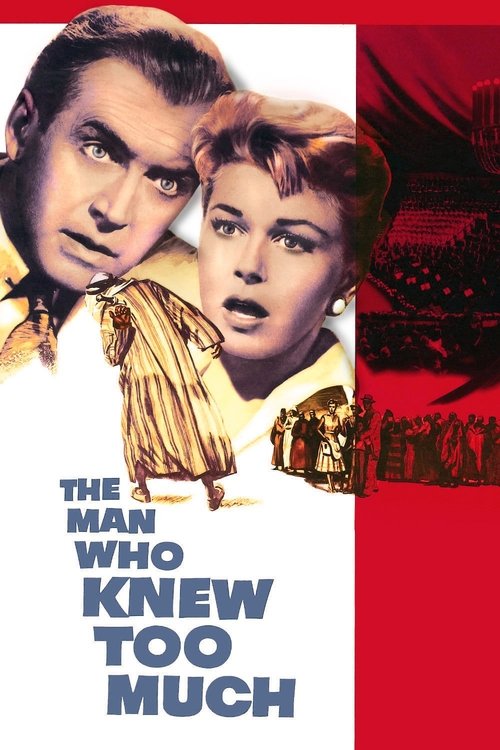
The Man Who Knew Too Much

Overview: A couple vacationing in Morocco with their young son accidentally stumble upon an assassination plot. When the child is kidnapped to ensure their silence, they have to take matters into their own hands to save him.
Genres: Thriller Mystery
Original Language: en
Release Date: 1956-05-16
Popularity:
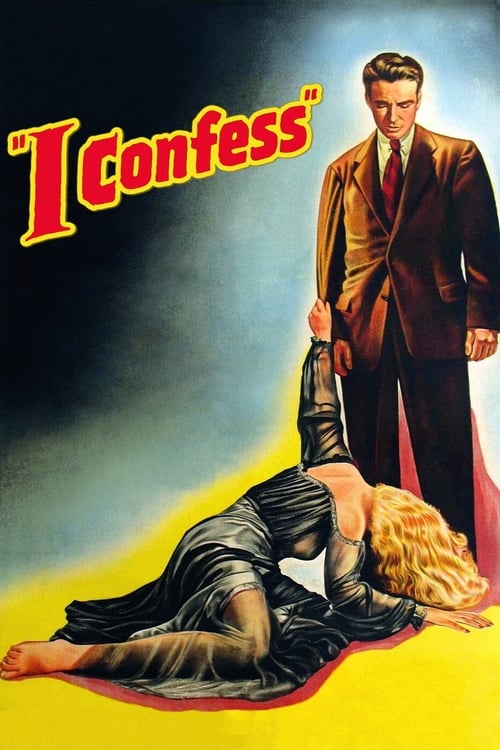
I Confess

Overview: Unable, due to the seal of the confessional, to be forthcoming with information that would serve to clear himself during a murder investigation, a priest becomes the prime suspect.
Genres: Drama Thriller Crime
Original Language: en
Release Date: 1953-02-13
Popularity:
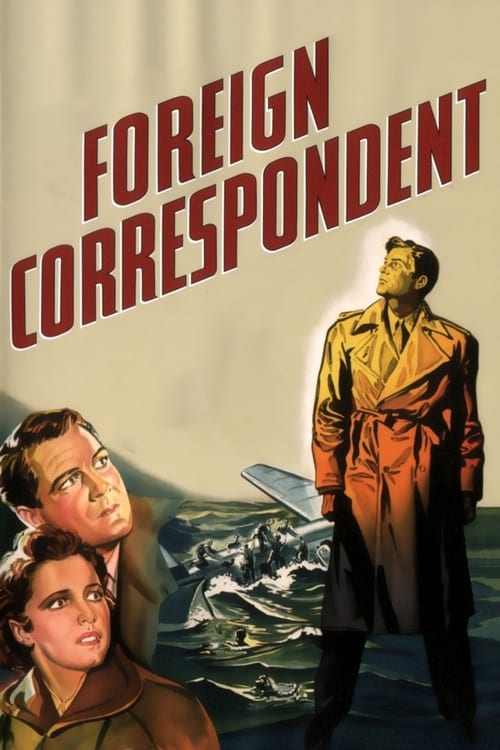
Foreign Correspondent

Overview: American crime reporter John Jones is reassigned to Europe as a foreign correspondent to cover the imminent war. When he walks into the middle of an assassination and stumbles on a spy ring, he seeks help from a beautiful politician’s daughter and an urbane English journalist to uncover the truth.
Genres: Thriller Mystery Action
Original Language: en
Release Date: 1940-08-16
Popularity:
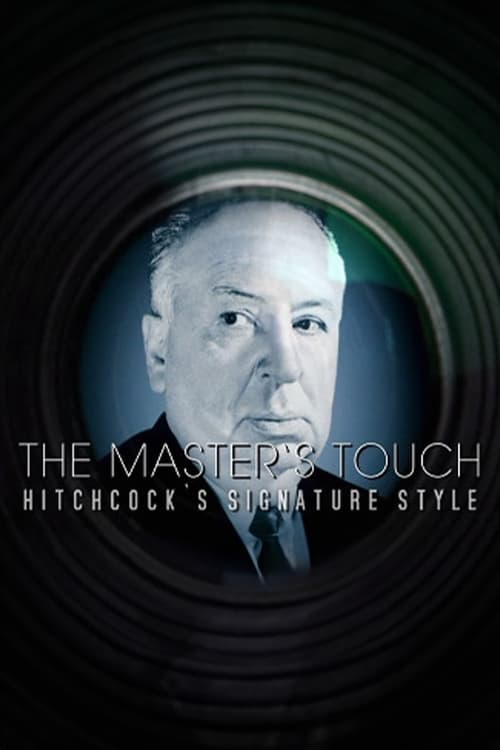
The Master's Touch: Hitchcock's Signature Style

Overview: Documentary that features interviews with Martin Scorsese, Curtis Hanson, Francis Lawrence, William Friedkin, Guillermo Del Toro, John Carpenter and others as they discuss the films and style of the Master of Suspense.
Genres: Documentary
Original Language: en
Release Date: 2009-11-03
Popularity:
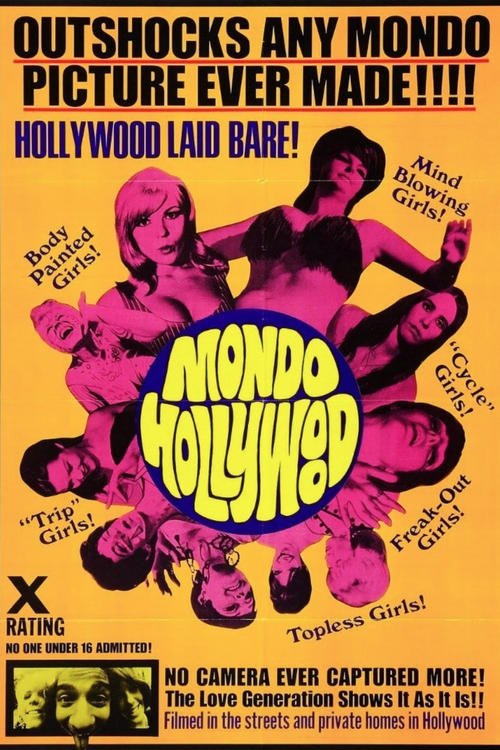
Mondo Hollywood

Overview: Long considered a cult classic, "Mondo Hollywood" captures the underside of Hollywood by documenting a moment in time (1965-67), when an inquisitive trust in the unknown was paramount, hope for the future was tangible and life was worth living on the fringe. An interior monologue narrative approach is used throughout the film, where each principal person shown not only decided on what they wanted to be filmed doing, but also narrated their own scenes. The film opens with Gypsy Boots (the original hippie vegan - desert hopping blender salesman), and stripper Jennie Lee, working out 'Watusi-style' beneath the 'Hollywood' sign -- leading into the 'sustainable community' insight of Lewis Beach Marvin III, the S&H Green Stamp heir, who lived in a $10 a month garage while owning a mountain retreat in Malibu.
Genres: Documentary
Original Language: en
Release Date: 1967-06-30
Popularity:

The Psycho Legacy
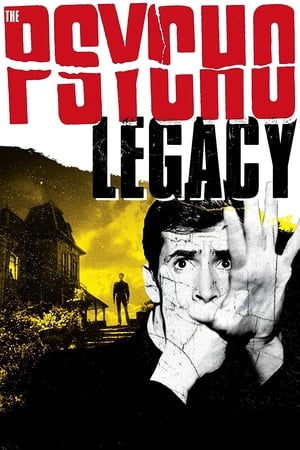
Overview: The cast and crew of all four Psycho films recall their time working on the influential horror series, and modern masters of horror reminisce on what the movies stirred in them.
Genres: Documentary Horror
Original Language: en
Release Date: 2010-10-19
Popularity:
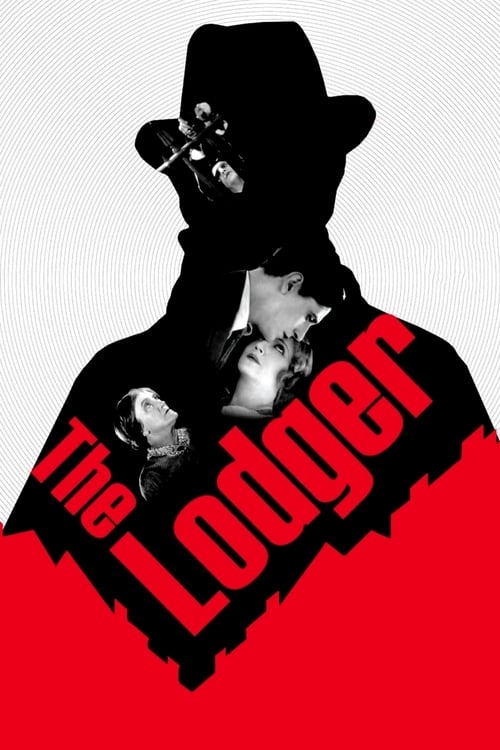
The Lodger: A Story of the London Fog

Overview: London. A mysterious serial killer brutally murders young blond women by stalking them in the night fog. One foggy, sinister night, a young man who claims his name is Jonathan Drew arrives at the guest house run by the Bunting family and rents a room.
Genres: Crime Thriller Mystery
Original Language: en
Release Date: 1927-02-14
Popularity:

Grace Kelly – Hollywoods tragische Prinzessin

Overview: Exploring the life of Grace Kelly, the Hollywood star who became Princess Grace of Monaco. The film covers Kelly's life from her time as a star to her marriage and ascension to princess.
Genres: Documentary
Original Language: de
Release Date: 2022-09-17
Popularity:
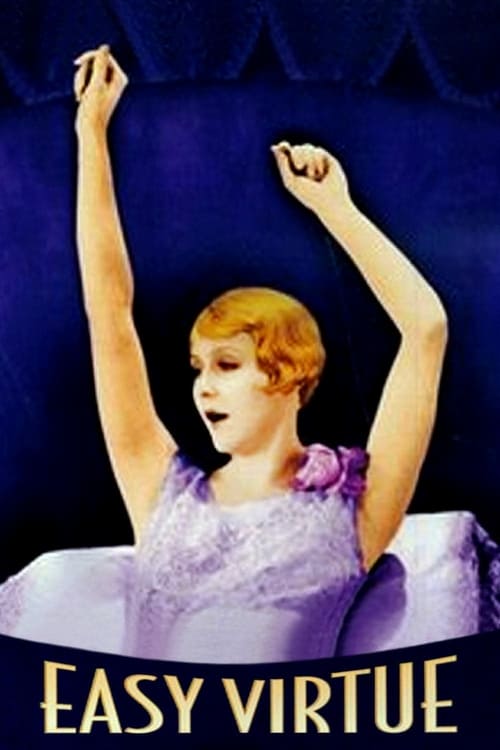
Easy Virtue

Overview: Larita Filton is named as correspondent in a scandalous divorce case. She escapes to France to rebuild her life where she meets John Whittaker. They are later married, but John's well-to-do family finds out Larita's secret.
Genres: Romance Drama
Original Language: en
Release Date: 1928-04-01
Popularity:
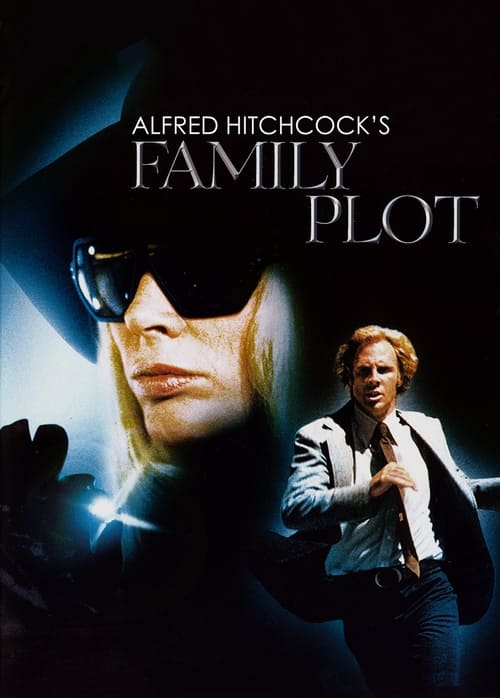
Family Plot

Overview: Spiritualist Blanche Tyler and her cab-driving boyfriend encounter a pair of serial kidnappers while trailing a missing heir in California.
Genres: Comedy Crime Thriller Mystery
Original Language: en
Release Date: 1976-04-09
Popularity:
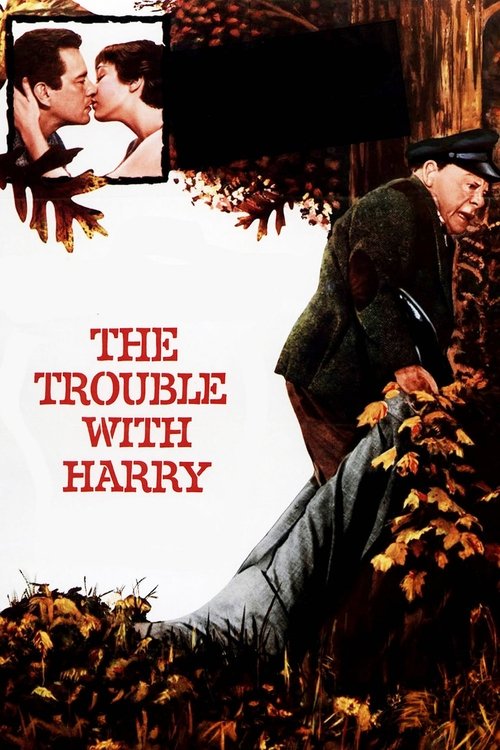
The Trouble with Harry

Overview: When a local man's corpse appears on a nearby hillside, no one is quite sure what happened to him. Many of the town's residents secretly wonder if they are responsible, including the man's ex-wife, Jennifer, and Capt. Albert Wiles, a retired seaman who was hunting in the woods where the body was found. As the no-nonsense sheriff gets involved and local artist Sam Marlowe offers his help, the community slowly unravels the mystery.
Genres: Comedy Mystery
Original Language: en
Release Date: 1955-10-03
Popularity:

Hitchcock at the N.F.T.

Overview: In his 70th year, Alfred Hitchcock came to the National Film Theatre in London to talk to fellow director Bryan Forbes and to answer questions from an audience of film enthusiasts.
Genres: Documentary
Original Language: en
Release Date: 1969-12-30
Popularity:
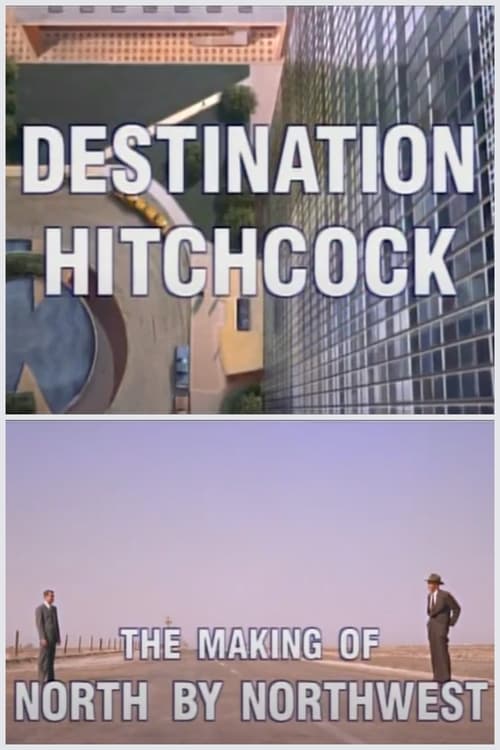
Destination Hitchcock: The Making of 'North by Northwest'

Overview: Hosted by Eva Marie Saint, the film's leading lady, this 40-minute documentary of Alfred Hitchcock's only M-G-M film combines interviews (Martin Landau, Patricia Hitchcock, production designer Robert F. Boyle and screenwriter Ernest Lehman), movie clips and behind the scenes photos to make for a fascinating look at one of the silver screen's glowing gems. For fans of North by Northwest (1959) and Hitchcock aficionados, this is a must-see treat.
Genres: Documentary
Original Language: en
Release Date: 2000-09-10
Popularity:
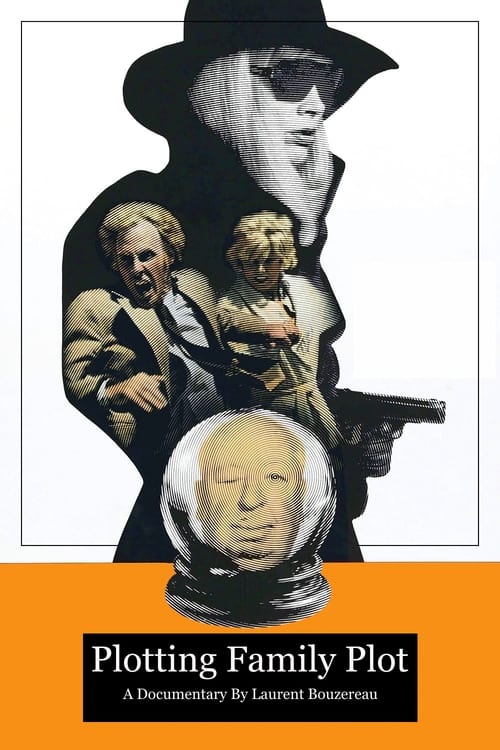
Plotting 'Family Plot'

Overview: Documentary about the making of Alfred Hitchcock's "Family Plot".
Genres: Documentary
Original Language: en
Release Date: 2001-03-06
Popularity:
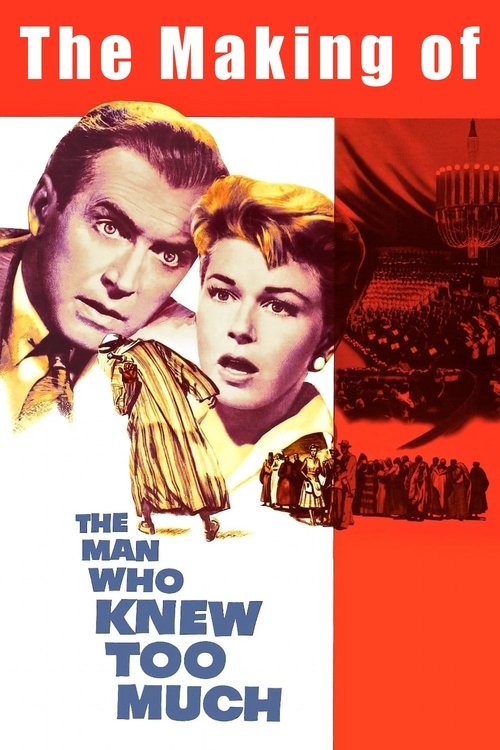
The Making of 'The Man Who Knew Too Much'

Overview: The making of Alfred Hitchcock's 1956 film 'The Man Who Knew Too Much'.
Genres: Documentary
Original Language: en
Release Date: 2000-04-01
Popularity:
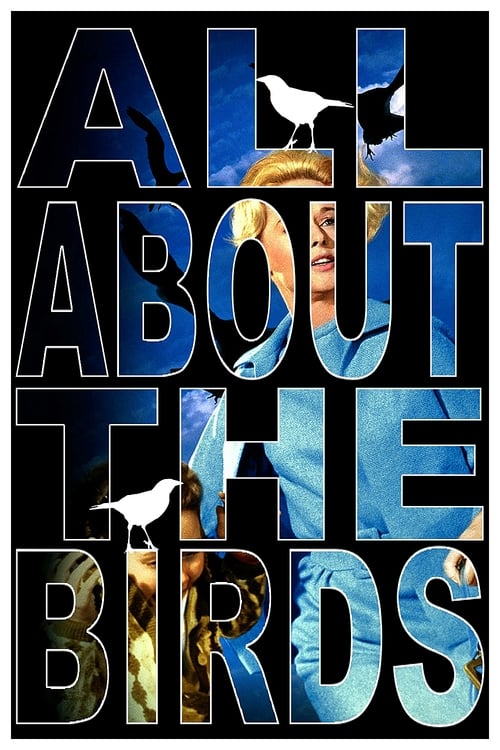
All About 'The Birds'

Overview: A wonderfully informative 80-minute documentary combining current interviews with archival materials and scenes from the film. Hitchcock's daughter Pat, production designer Robert Boyle, screenwriter Evan Hunter, matte artist Albert Whitlock's colleagues Syd Dutton and Bill Taylor, storyboard artist Harold Michelson, Hitchcock collaborator Hilton Green, actors Tippi Hedren, Veronica Cartwright and Rod Taylor, filmmaker Peter Bogdanovich, author Robin Wood, makeup artist Howard Smit, and composer Bernard Herrmann biographer Steven Smith all contribute valuable input to Hitchcock's memorable classic.
Genres: Documentary
Original Language: en
Release Date: 2000-05-28
Popularity:
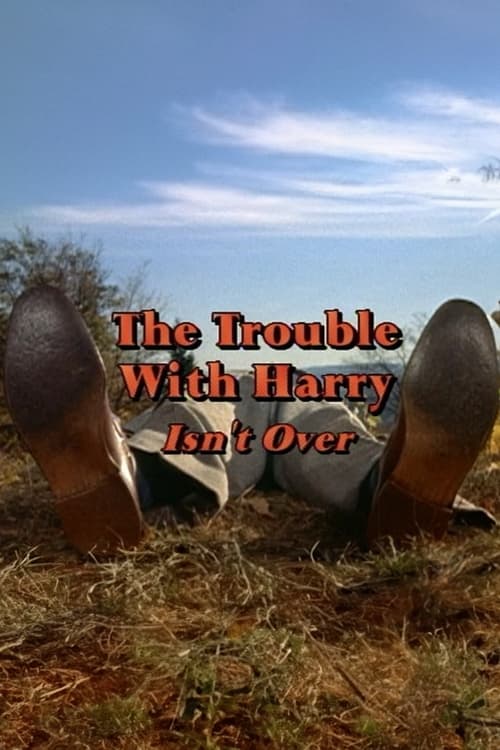
'The Trouble with Harry' Isn't Over

Overview: This is the featurette on the DVD of "The Trouble With Harry." It consists of interviews, clips of the film and stills from the making of the Hitchcock classic.
Genres: Documentary
Original Language: en
Release Date: 2001-03-06
Popularity:
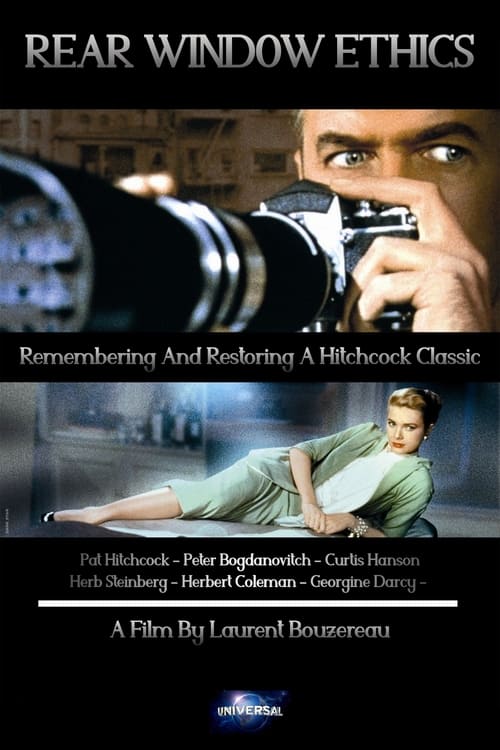
'Rear Window' Ethics: Remembering and Restoring a Hitchcock Classic

Overview: A documentary about Alfred Hitchcock's classic 1954 film Rear Window.
Genres: Documentary
Original Language: en
Release Date: 2001-03-06
Popularity:
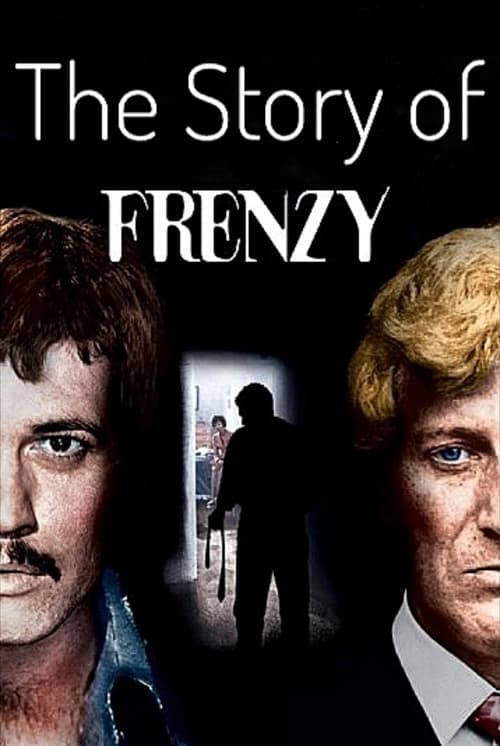
The Story of 'Frenzy'

Overview: Documentary about the making of Alfred Hitchcock's 'Frenzy'.
Genres: Documentary
Original Language: en
Release Date: 2001-03-06
Popularity:

Hitchcock, Selznick and the End of Hollywood

Overview: Paying homage to two of Hollywood's central icons, the film creates an unparalleled portrait of two very different personalities amidst the demise of the studio system.
Genres: Documentary
Original Language: en
Release Date: 1999-01-23
Popularity:

In the Master's Shadow: Hitchcock's Legacy
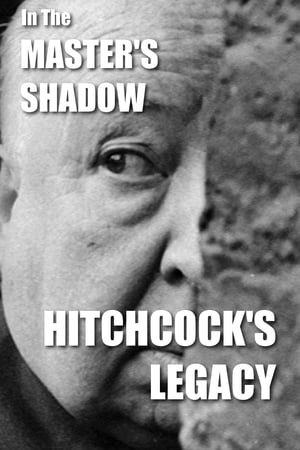
Overview: Films beget films. Filmmakers influence other filmmakers constantly. But the most influential filmmaker of all time is Alfred Hitchcock.
Genres: Documentary
Original Language: en
Release Date: 2008-10-07
Popularity:
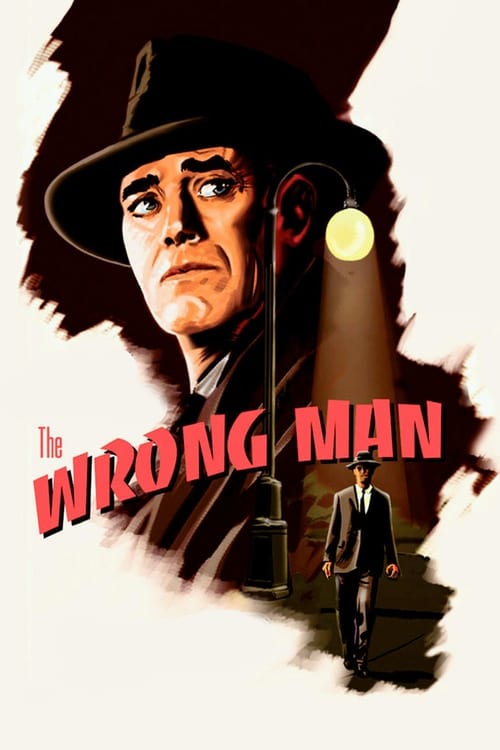
The Wrong Man

Overview: In 1953, an innocent man named Christopher Emmanuel "Manny" Balestrero is arrested after being mistaken for an armed robber.
Genres: Crime Drama
Original Language: en
Release Date: 1956-12-22
Popularity:
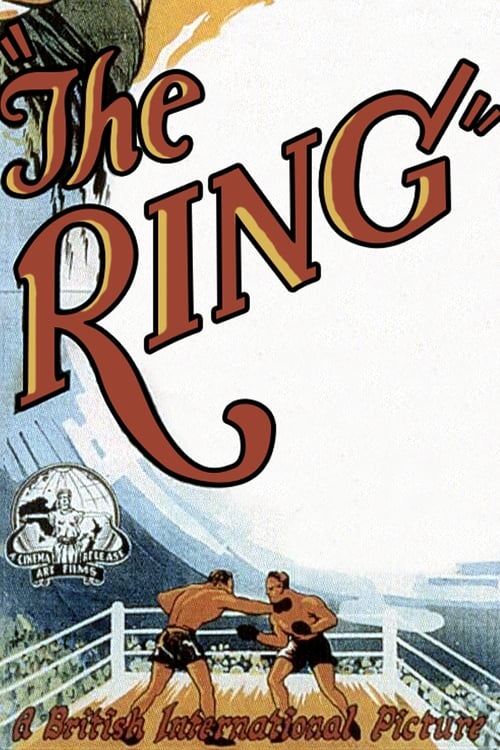
The Ring

Overview: Both Jack Sander and Bob Corby are boxers in love with Mabel. Jack and Mabel wed, but their marriage is flat. The young wife looks to Bob for comfort.
Genres: Drama Romance
Original Language: en
Release Date: 1927-09-28
Popularity:
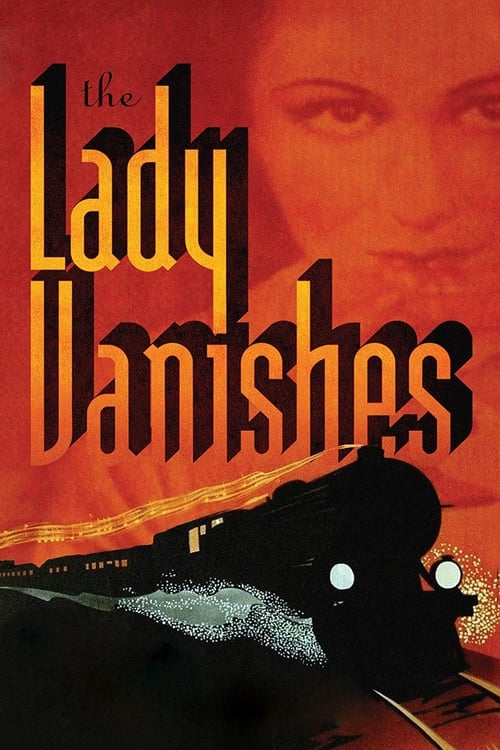
The Lady Vanishes

Overview: On a train headed for England a group of travelers is delayed by an avalanche. Holed up in a hotel in a fictional European country, young Iris befriends elderly Miss Froy. When the train resumes, Iris suffers a bout of unconsciousness and wakes to find the old woman has disappeared. The other passengers ominously deny Miss Froy ever existed, so Iris begins to investigate with another traveler and, as the pair sleuth, romantic sparks fly.
Genres: Mystery Thriller Comedy
Original Language: en
Release Date: 1938-10-07
Popularity:
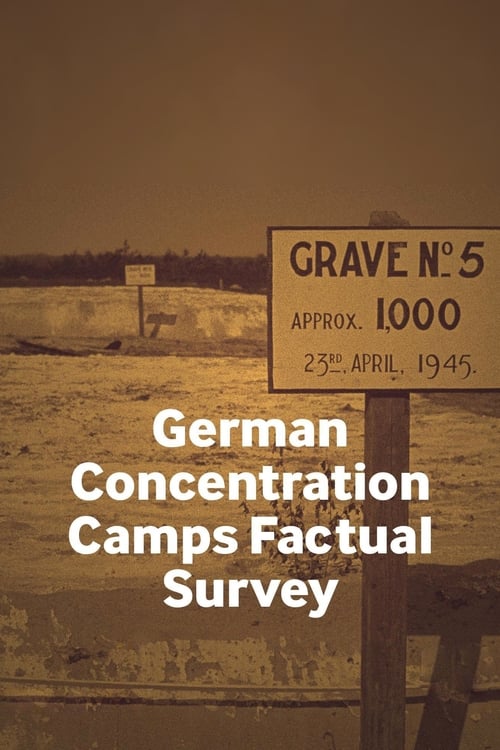
German Concentration Camps Factual Survey

Overview: On the 29th September 1945, the incomplete rough cut of a brilliant documentary about concentration camps was viewed at the MOI in London. For five months, Sidney Bernstein had led a small team – which included Stewart McAllister, Richard Crossman and Alfred Hitchcock – to complete the film from hours of shocking footage. Unfortunately, this ambitious Allied project to create a feature-length visual report that would damn the Nazi regime and shame the German people into acceptance of Allied occupation had missed its moment. Even in its incomplete form (available since 1984) the film was immensely powerful, generating an awed hush among audiences. But now, complete to six reels, this faithfully restored and definitive version produced by IWM, is being compared with Alain Resnais’ Night and Fog (1955).
Genres: Documentary History War
Original Language: en
Release Date: 2017-01-06
Popularity:
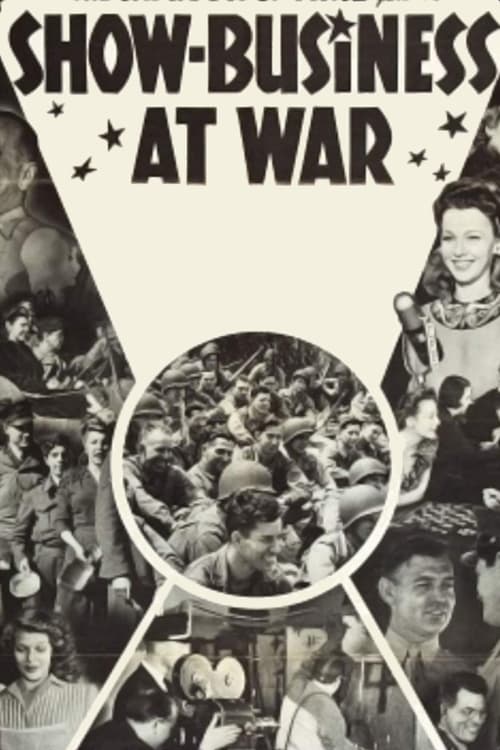
Show-Business at War

Overview: A multi-studio effort to show the newsreel audience the progress of the Hollywood war effort.
Genres: Documentary
Original Language: en
Release Date: 1943-05-21
Popularity:
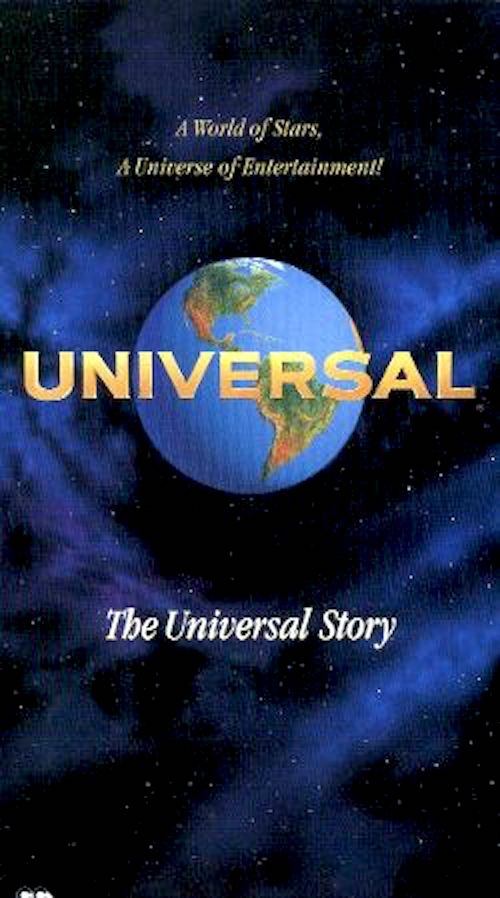
The Universal Story

Overview: Richard Dreyfuss hosts a celebration of the 80 year history of Universal Studios. Founded as IMP by Carl Leammle to oppose Edison's Motion Picture Tust, it soon grew under the leadership of 21 year old production head Irving Thalberg with classic silents from artists like John Ford, Erich Von Stroheim, and Lon Chaney and prospered further in the Sound Era under the leadership of Carl Leammle Jr. with such classics as "All Quiet on The Western Front," "Showboat," and the studio's signature monster franchises, "Frankenstein" and "Dracula."
Genres: Documentary
Original Language: en
Release Date: 1996-04-21
Popularity:
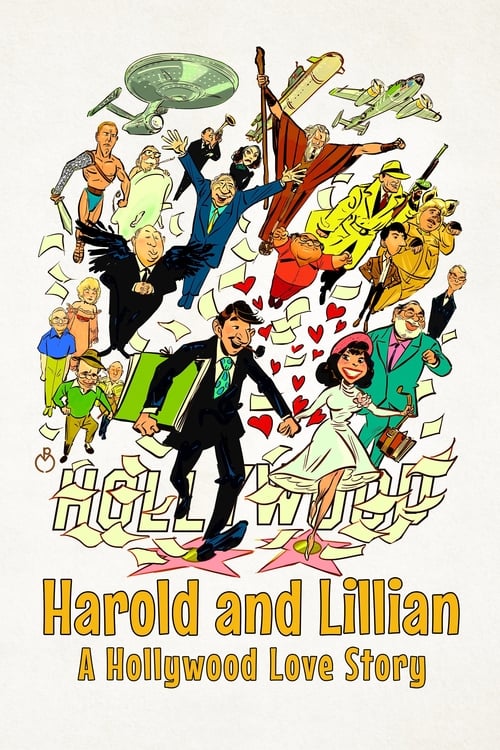
Harold and Lillian: A Hollywood Love Story

Overview: Working largely uncredited in the Hollywood system, storyboard artist Harold and film researcher Lillian left an indelible mark on classics by Alfred Hitchcock, Steven Spielberg, Mel Brooks, Stanley Kubrick, Roman Polanski and many more.
Genres: Documentary
Original Language: en
Release Date: 2017-02-01
Popularity:
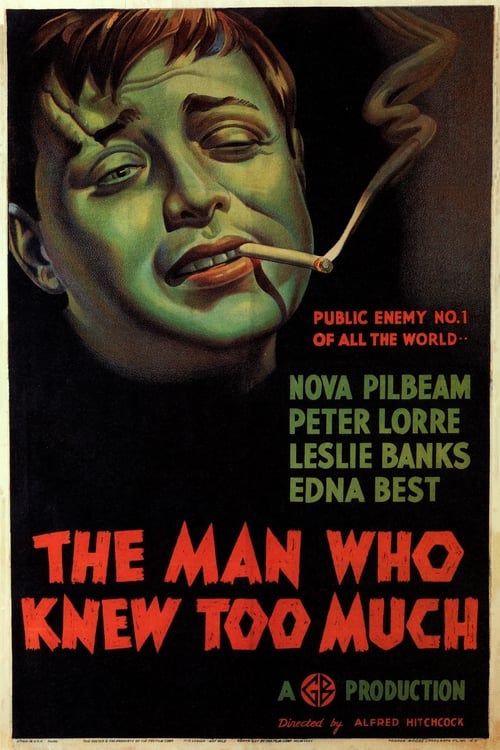
The Man Who Knew Too Much

Overview: While vacationing in St. Moritz, a British couple receive a clue to an imminent assassination attempt, only to learn that their daughter has been kidnapped to keep them quiet.
Genres: Thriller Mystery
Original Language: en
Release Date: 1934-12-01
Popularity:
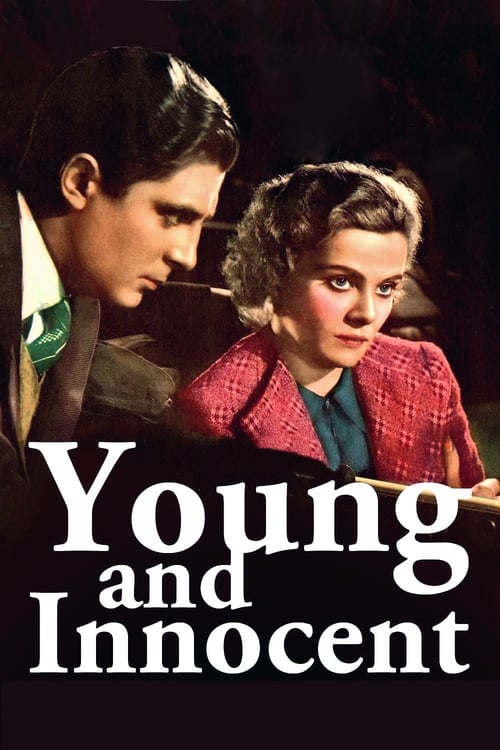
Young and Innocent

Overview: Robert Tisdall finds on the beach the corpse of a woman he knew. Others wrongly conclude that he is the murderer. Fleeing, he desperately attempts to prove that he is not the killer. A young woman becomes embroiled in the effort.
Genres: Thriller Romance Mystery
Original Language: en
Release Date: 1937-11-01
Popularity:
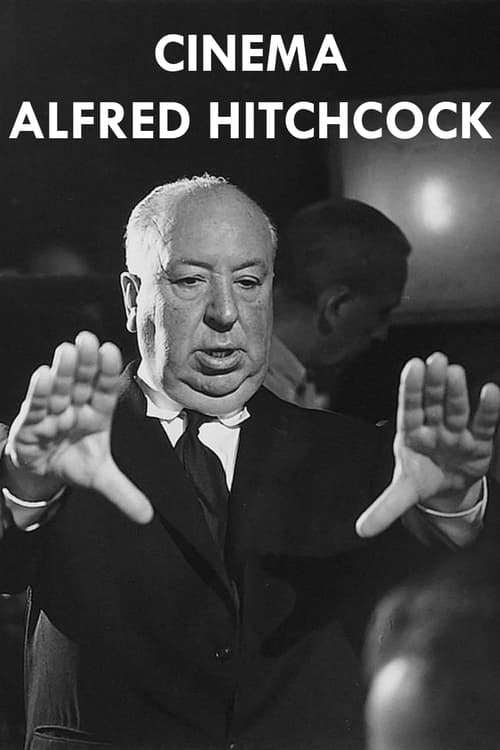
Cinema: Alfred Hitchcock

Overview: A compilation of original footage from a program made for British television in which producer and broadcaster Mike Scott interviewed Alfred Hitchcock. During the interview, the director discuses his 'German experience', the state of the film industry at the time when he was gaining recognition, the construction and themes of some of his early films, etc. The interview was conducted in 1966.
Genres: Documentary
Original Language: en
Release Date: 1966-05-20
Popularity:
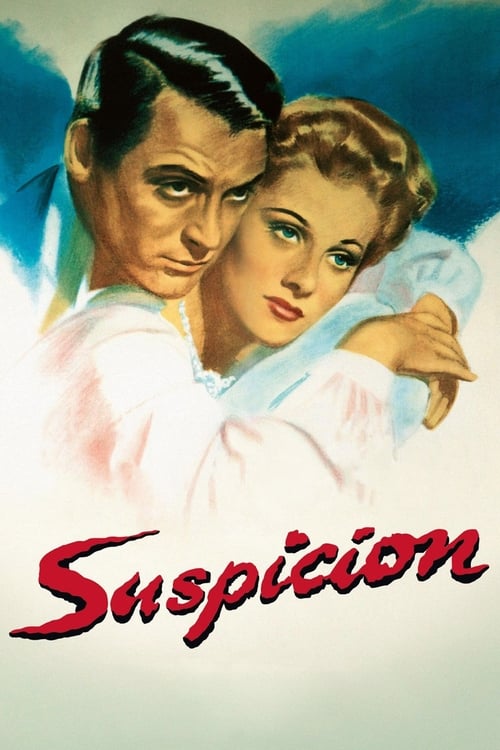
Suspicion

Overview: A wealthy and sheltered young woman elopes with a charming playboy and soon learns of his bad traits, including his extreme dishonesty and lust for money. Gradually, she begins to suspect that he intends to kill her to collect her life insurance.
Genres: Mystery Romance Thriller
Original Language: en
Release Date: 1941-11-14
Popularity:

Dark Glamour: The Blood and Guts of Hammer Productions

Overview: The greatness, fall and renaissance of Hammer, the flagship company of British popular cinema, mainly from 1955 to 1968. Tortured women and sadistic monsters populated oppressive scenarios in provocative productions that shocked censorship and disgusted critics but fascinated the public. Movies in which horror was shown in offensive colors: dreadful stories, told without prejudices, that offered fear, blood, sex and stunning performances.
Genres: Documentary History TV Movie
Original Language: fr
Release Date: 2017-08-06
Popularity:
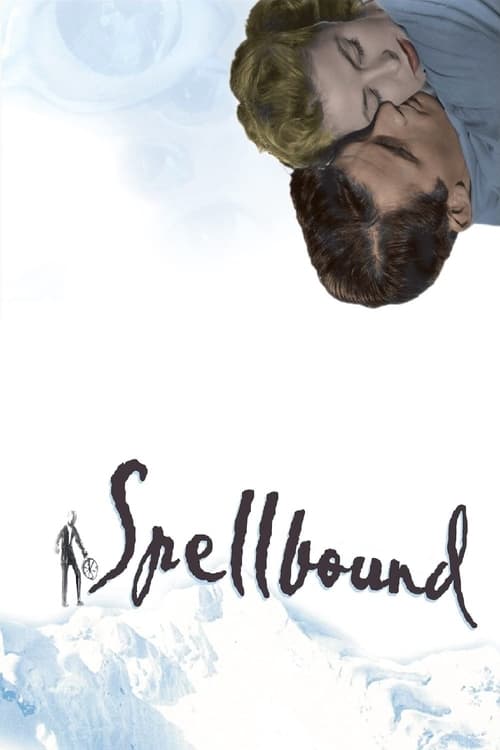
Spellbound

Overview: When Dr. Anthony Edwardes arrives at a Vermont mental hospital to replace the outgoing hospital director, Dr. Constance Peterson, a psychoanalyst, discovers Edwardes is actually an impostor. The man confesses that the real Dr. Edwardes is dead and fears he may have killed him, but cannot recall anything. Dr. Peterson, however is convinced his impostor is innocent of the man's murder, and joins him on a quest to unravel his amnesia through psychoanalysis.
Genres: Thriller Mystery Romance
Original Language: en
Release Date: 1945-11-08
Popularity:
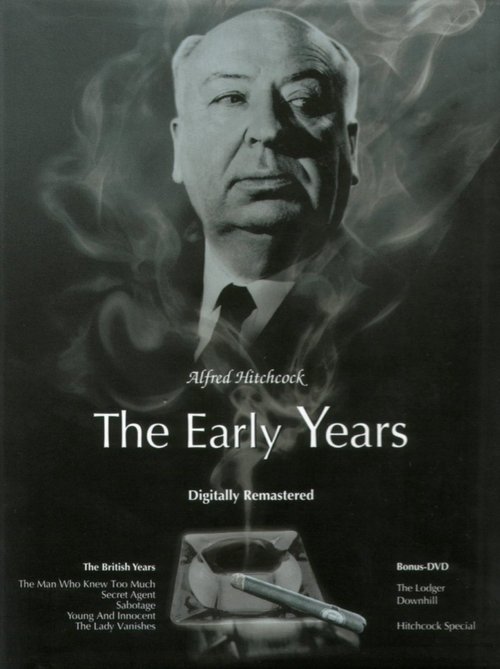
Hitchcock: The Early Years

Overview: This documentary covers Hitchcock's early British career, up to his move to America in 1940.
Genres: Documentary
Original Language: en
Release Date: 1999-10-07
Popularity:
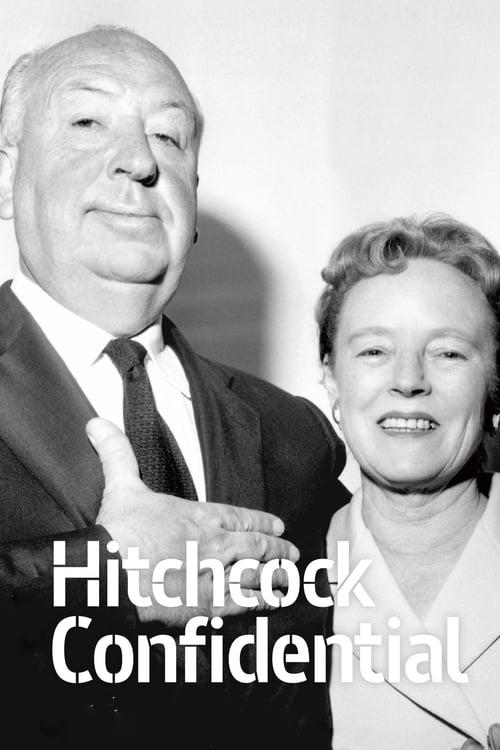
Hitchcock Confidential

Overview: Alfred Hitchcock is known as a giant of movie making, a facetious master of suspense, obsessed with blond heroines in peril, with the reputation of being tyrannical towards his actors. But who knows the real Hitchcock? During his last public appearance, "Hitch" paid tribute to the wife, mother, co-writer, editor and partner of a lifetime that was Alma Reville Hitchcock. The two Hitchcock were inseparable, engineering the unquestionable masterpieces together. Their genuine collaboration never stopped from the day they met until the end of their lives. It's in light of this fusional relationship that this film will revisit and shed fresh light on the legend.
Genres: Documentary
Original Language: fr
Release Date: 2019-06-24
Popularity:
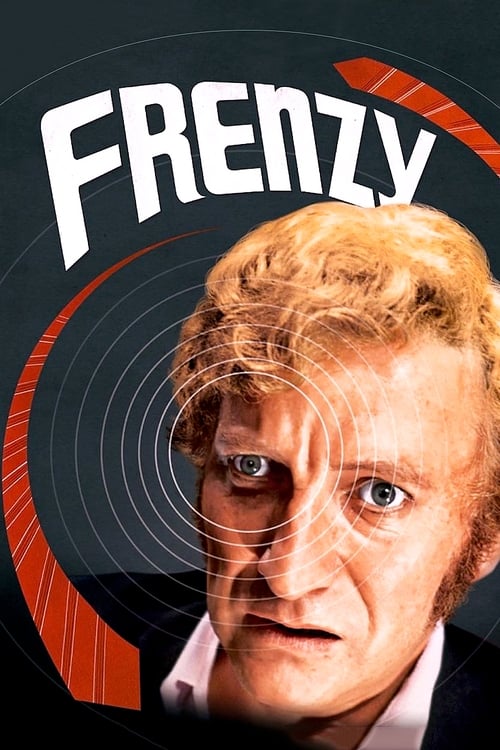
Frenzy

Overview: London is terrorized by a vicious sex killer known as The Necktie Murderer. Following the brutal slaying of his ex-wife, down-on-his-luck Richard Blaney is suspected by the police of being the killer. He goes on the run, determined to prove his innocence.
Genres: Crime Thriller Horror
Original Language: en
Release Date: 1972-05-25
Popularity:

What Is Cinema?

Overview: Using the words and ideas of great filmmakers, from archival interviews with Alfred Hitchcock and Robert Bresson to new interviews with Mike Leigh, David Lynch, and Jonas Mekas, Oscar-winning filmmaker Chuck Workman shows what these filmmakers and others do that can't be expressed in words - but only in cinema.
Genres: Documentary
Original Language: en
Release Date: 2013-09-06
Popularity:
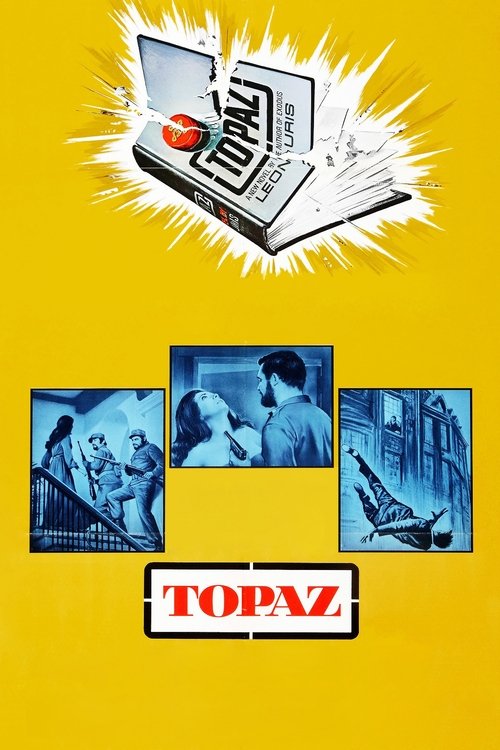
Topaz

Overview: Copenhagen, Denmark, 1962. When a high-ranking Soviet official decides to change sides, a French intelligence agent is caught up in a cold, silent and bloody spy war in which his own family will play a decisive role.
Genres: Drama Thriller
Original Language: en
Release Date: 1969-12-17
Popularity:
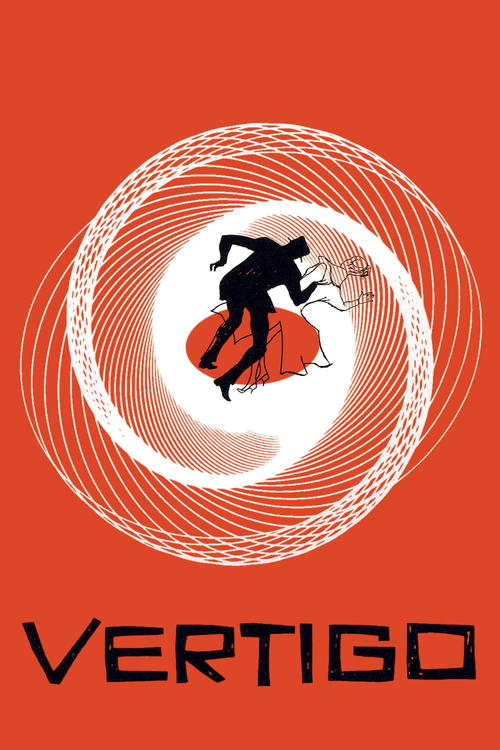
Vertigo

Overview: A retired San Francisco detective suffering from acrophobia investigates the strange activities of an old friend's wife, all the while becoming dangerously obsessed with her.
Genres: Mystery Romance Thriller
Original Language: en
Release Date: 1958-05-28
Popularity:
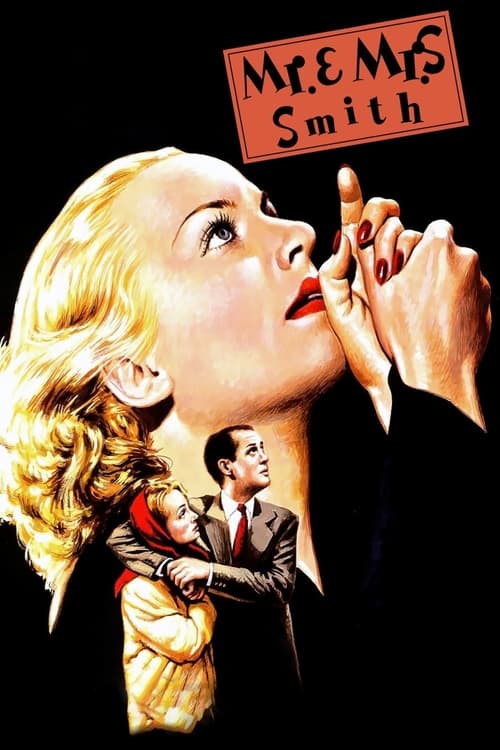
Mr. & Mrs. Smith

Overview: Happily married for three years, Ann and David Smith live in New York. One morning Ann asks David if he had to do it over again, would he marry her? To her shock, he answers, "No". Later that day, they separately discover that, due to a legal complication, they are not legally married.
Genres: Comedy Romance
Original Language: en
Release Date: 1941-01-31
Popularity:
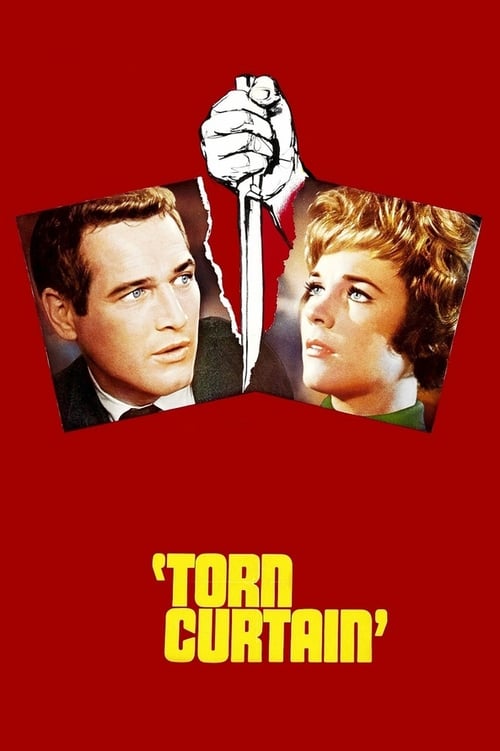
Torn Curtain

Overview: During the Cold War, an American scientist appears to defect to East Germany as part of a cloak and dagger mission to find the formula for a resin solution, but the plan goes awry when his fiancee, unaware of his motivation, follows him across the border.
Genres: Thriller
Original Language: en
Release Date: 1966-07-15
Popularity:
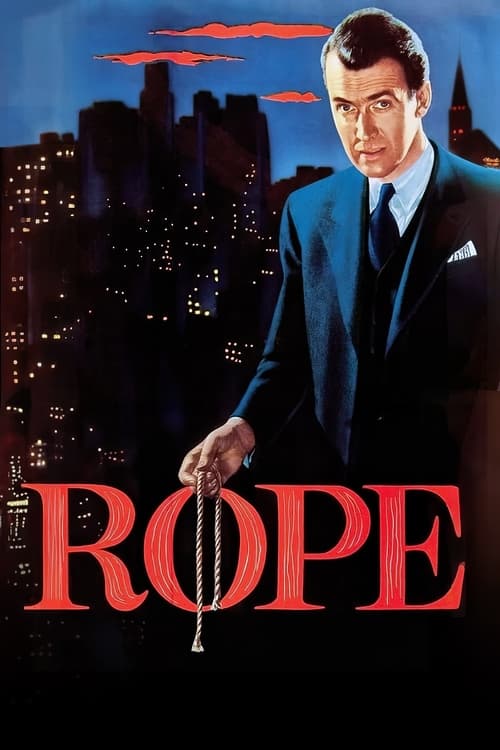
Rope

Overview: Two young men attempt to prove they committed the perfect murder by hosting a dinner party for the family of a classmate they just strangled to death.
Genres: Thriller Crime Drama
Original Language: en
Release Date: 1948-03-11
Popularity:
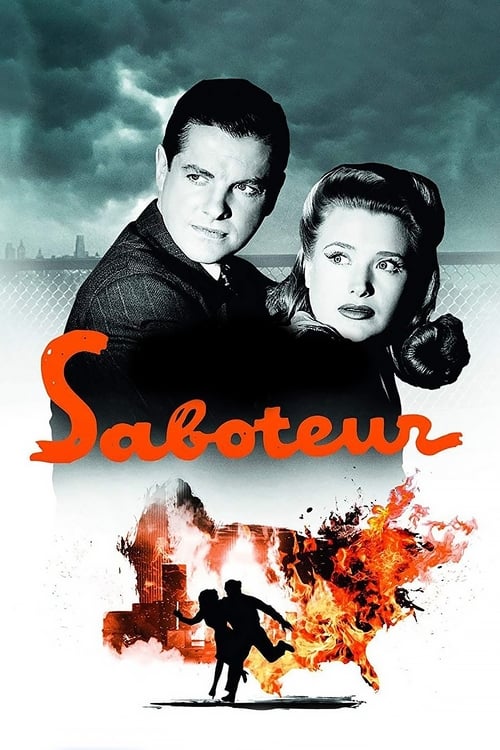
Saboteur

Overview: Aircraft factory worker Barry Kane flees across the United States after he is wrongly accused of starting the fire that killed his best friend.
Genres: Thriller
Original Language: en
Release Date: 1942-04-24
Popularity:
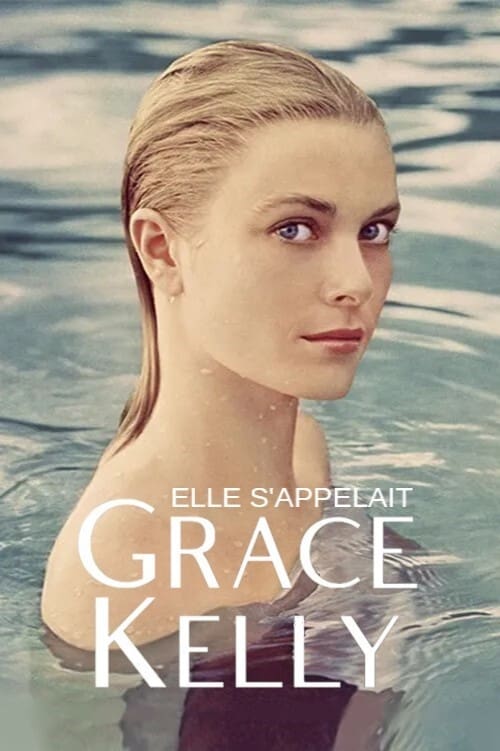
Her Name Was Grace Kelly

Overview: Considered one of the most beautiful actresses of her time, Grace Kelly remains an icon today. Her life and career are well documented, from her work in Hollywood to her marriage to Prince Rainier and her tragic death in a car accident in 1982. But do we know the inside story? Who really was Grace Kelly?
Genres: Documentary
Original Language: fr
Release Date: 2021-03-20
Popularity:
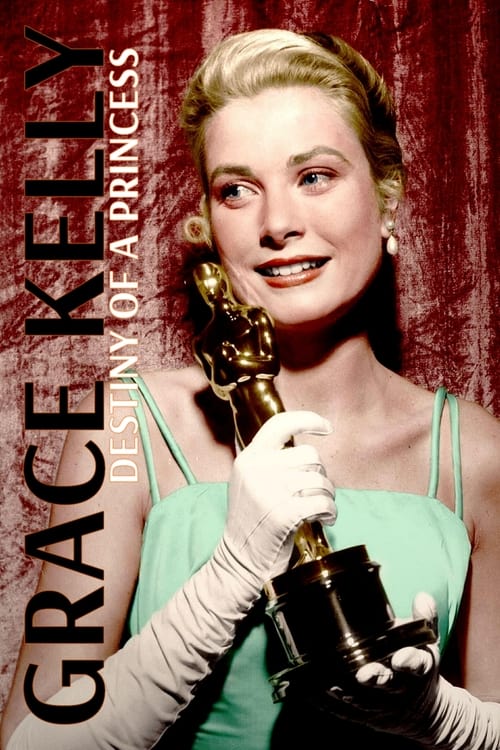
Grace Kelly: Destiny of a Princess

Overview: In 1956, actress and Hollywood star Grace Kelly (1929-82), then at the height of her film career, unexpectedly dropped everything to marry Prince Rainier III of Monaco. Jinx, an American journalist and friend of the future princess, accompanied her on her journey to the wedding and covered the sensational event.
Genres: Documentary History TV Movie
Original Language: fr
Release Date: 2006-09-16
Popularity:
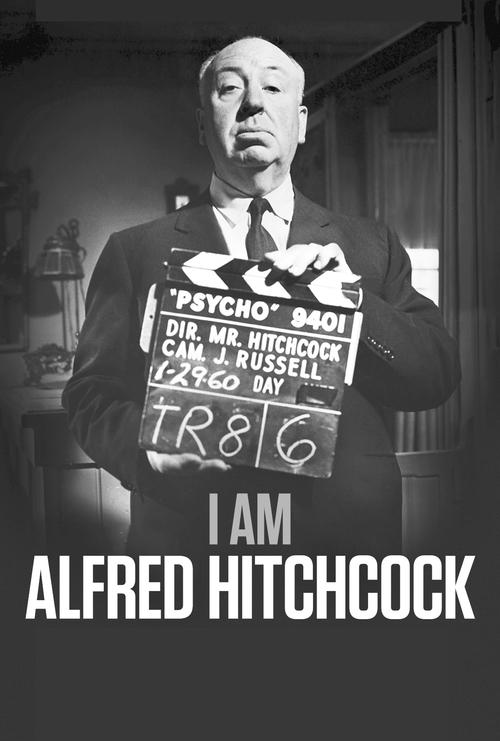
I Am Alfred Hitchcock

Overview: Interviews and archival footage weave together to tell the story of the Master of Suspense, one of the most influential and studied filmmakers in the history of cinema.
Genres: Documentary
Original Language: en
Release Date: 2021-05-02
Popularity:

Terror in the Aisles
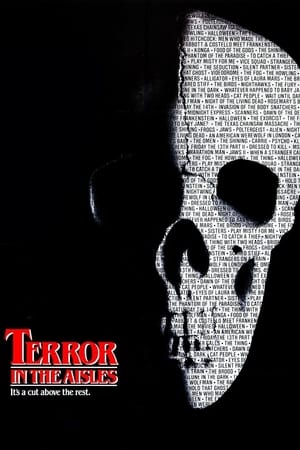
Overview: A non-stop roller coaster ride through the scariest moments of the greatest terror films of all time.
Genres: Horror Documentary
Original Language: en
Release Date: 1984-10-26
Popularity:

When Hitchcock Met O'Casey

Overview: When Hitchcock Met O'Casey is the untold story of the unlikely collaboartion between Alfred Hitchcock, one of the greats of 20th century cinema and the noted Irish playwright Sean O'Casey. This is the story of how they met and their strained working relationship on the 1929 film adaptation of O'Casey's Juno and The Paycock.
Genres: Documentary
Original Language: en
Release Date: 2019-09-27
Popularity:

When Hitchcock met O'Casey

Overview: It was a collaboration between one of Ireland’s most noted playwrights and cinema’s greatest directors, yet the 1930 release of Juno and the Paycock is often neglected in the repertoire of both men. Brian O’Flaherty’s documentary aims to find out why. Featuring extensive, incisive interviews with family members, academics, directors and actors, including Shivaun O'Casey, Prof Charles Barr, and Peter Sheridan, it tells the story of how these two iconic figures met and the legacy of the film.
Genres: Documentary
Original Language: en
Release Date: 2019-09-27
Popularity:
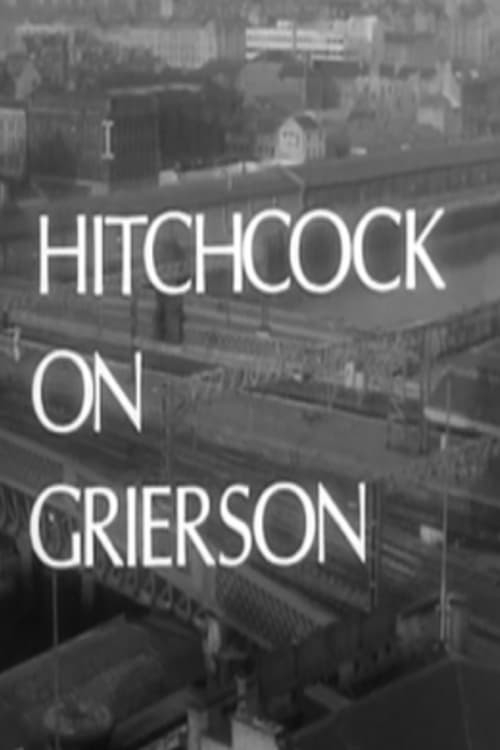
Hitchcock on Grierson

Overview: Legendary film director Alfred Hitchcock pays tribute to the "father of the documentary", John Grierson, exploring what made his work so extraordinary and influential.
Genres: No genres available
Original Language: en
Release Date:
Popularity:

Becoming Hitchcock: The Legacy of Blackmail

Overview: Narrated by historian, critic and filmmaker Elvis Mitchell, this documentary reflects the development of the iconic filmmaker's signature style, through the making of one of his benchmark films, Blackmail. The documentary highlights the birth of the "Hitchcock Touch" at a period when talking pictures first emerged and explores his trademark themes, like such as murder, suspense and cool blondes. While focusing on Blackmail, the documentary reveals how this film also foreshadows the director's later masterpieces, from Psycho to North by Northwest and from The Birds to Frenzy.
Genres: Documentary
Original Language: en
Release Date: 2024-10-18
Popularity:
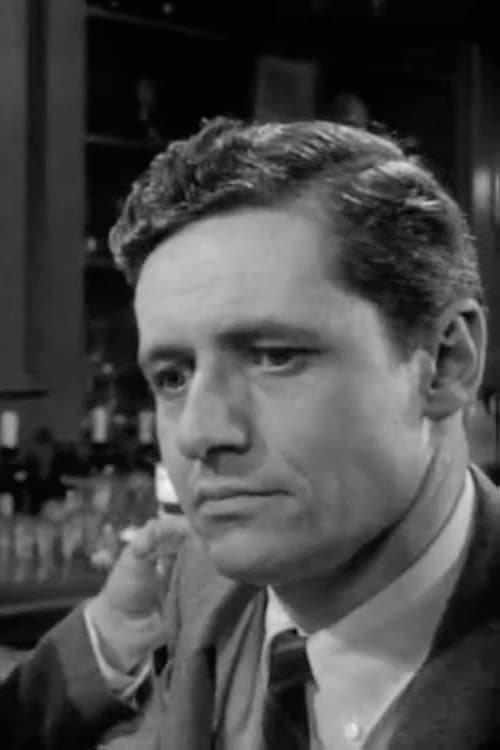
Human Interest Story

Overview: Newspaperman Bill Everett is told by his editor to go to the bar across the street and interview a man who claims to be a Martian.
Genres: Science Fiction
Original Language: en
Release Date: 1959-05-24
Popularity:
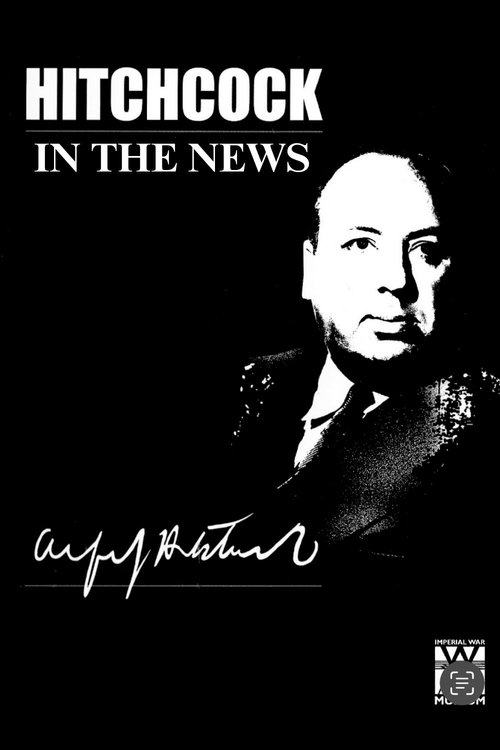
Hitchcock in the News

Overview: An impressionistic compilation of archive newsreels and interviews with the legendary film director.
Genres: Documentary
Original Language: en
Release Date: 2008-01-01
Popularity:
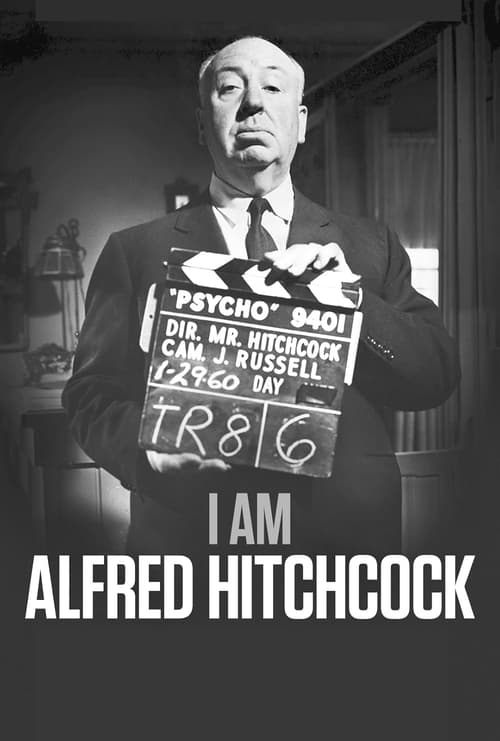
The Man Who Found the Money

Overview: A teacher reports to the police that he found $92,000 in a clip, amid claims that $10,000 of the money is missing.
Genres: Drama Mystery
Original Language: en
Release Date: 1960-12-27
Popularity:

Hitchcock: Alfred the Great

Overview: Documentary the career of Alfred Hitchcock with Tippi Hedren bringing up allegations against the director.
Genres: Documentary
Original Language: en
Release Date: 1994-07-01
Popularity:
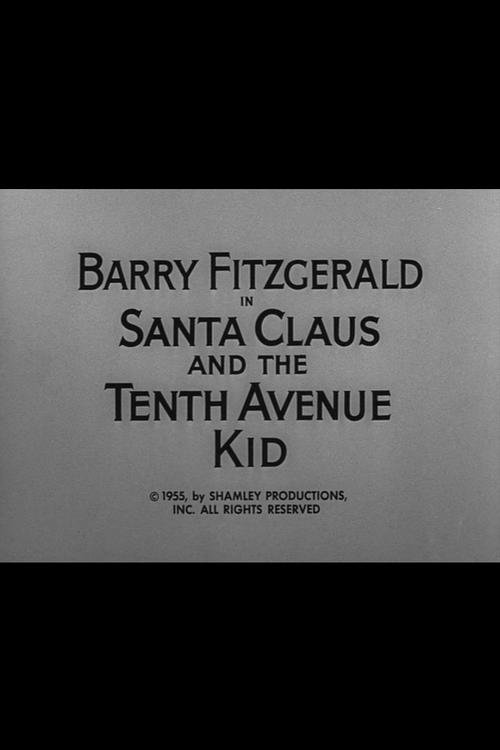
Santa Claus and the Tenth Avenue Kid

Overview: While working as a department store 'Santa Claus', a paroled convict tries to help a troubled boy.
Genres: No genres available
Original Language: en
Release Date: 1955-01-01
Popularity:

Reel Radicals: The Sixties Revolution in Film

Overview: illustrates how directors pushed boundaries and altered the art of filmmaking during the turbulent, swinging 1960s. Narrated by Woody Harrelson, "Reel Radicals" features clips from such seminal films as Arthur Penn's "Bonnie and Clyde" (1967); Mike Nichols' "The Graduate" (1967); Dennis Hopper's "Easy Rider" (1969); John Frankenheimer's "The Manchurian Candidate" (1962); Stanley Kubrick's "Dr. Strangelove" (1964) and "2001: A Space Odyssey" (1968); John Schlesinger's "Midnight Cowboy" (1969); Richard Brooks' "Elmer Gantry" (1960) and "In Cold Blood" (1967); and Norman Jewison's "In the Heat of the Night" (1967) and "The Thomas Crown Affair" (1968). Frankenheimer, Jewison, Hopper, Schlesinger, Penn, Buck Henry, Paul Mazursky, Roger Corman and Arthur Hiller are among the filmmakers who discuss the decade.
Genres: Documentary
Original Language: en
Release Date: 2002-04-02
Popularity:
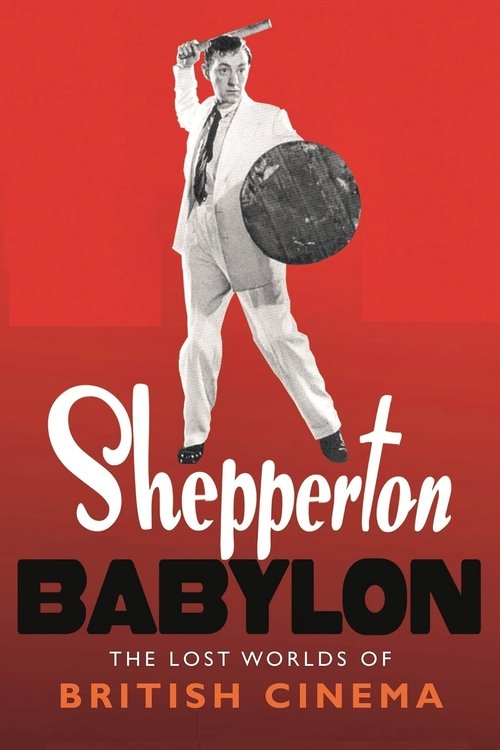
Shepperton Babylon

Overview: A sardonic look at the dark secrets of the British Film Industry of the 1920s and 30s, where scandal and sordid behaviour was almost as rife as in Hollywood.
Genres: Documentary
Original Language: en
Release Date: 2005-08-11
Popularity:

Partners in Crime: Hitchcock's Collaborators
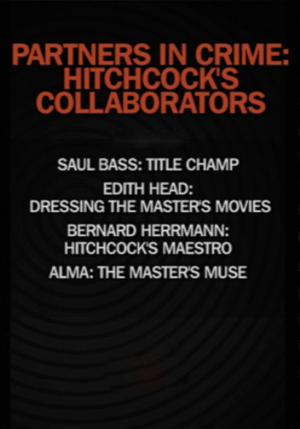
Overview: Four featurettes focus on Hitch's collaborations: "Saul Bass: Title Champ" (opening credits), "Edith Head: Dressing the Master's Movies" (costumes), "Bernard Herrmann: Hitchcock's Maestro" (music) and "Alma: The Master's Muse" (Hitchcock's partnership with his wife).
Genres: Documentary
Original Language: en
Release Date: 2008-10-07
Popularity:
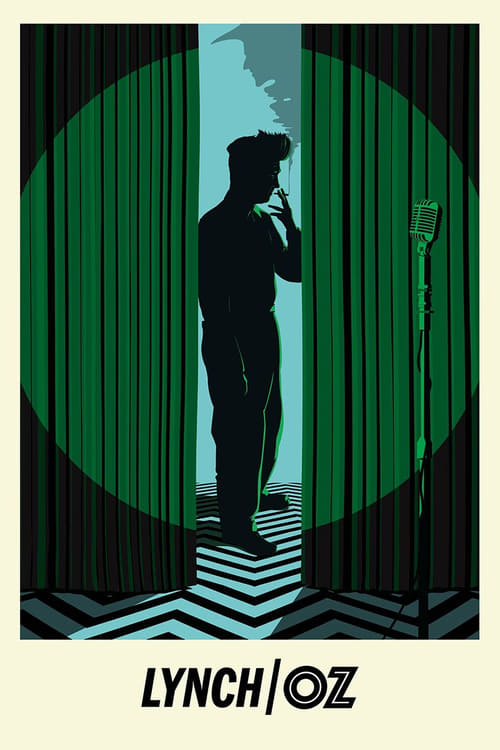
Lynch/Oz

Overview: Victor Fleming’s 1939 film The Wizard of Oz is one of David Lynch’s most enduring obsessions. This documentary goes over the rainbow to explore this Technicolor through-line in Lynch’s work.
Genres: Documentary
Original Language: en
Release Date: 2023-05-15
Popularity:

Parasite

Overview: All unemployed, Ki-taek's family takes peculiar interest in the wealthy and glamorous Parks for their livelihood until they get entangled in an unexpected incident.
Genres: Comedy Thriller Drama
Original Language: ko
Release Date: 2019-05-30
Popularity:
